- Home
- About Us
- Contact Us
- Site Map
- Affiliate Disclosure
- Privacy Policy
- Terms And Conditions
- Best Drone For Beginners 2021 : Top Beginner Drones
- Best Drones 2022 For Beginners : Top Beginner Drone
- Best Drones For Under 100 Dollars That Are Top Easy To Fly
- Best Cheap Drone For Photography : Camera Drones Budget
- What Is The Best Drone For 2022 And How Fast They Go
- Best Drone In The World To Use For Your First Time
- Best Drones 2022 With Camera : Which One Is The Best Drone
- Mavic Drone : The Most Marvelous Epic Controlled Flight System
- Drone Pilot License : The Best Way To Show Off Your Flight Skill
- Sky Rider Drone: Wi-fi Quadcopter With Foldable Black Camera
- Drone For Kids : The Best Toy To Focus On STEM Technology
- Propel Drone HD Camera Quadcopter And Star Wars
- Mini Drone With Camera : What Is The Best One And Why It Is Good
- Drones Dji : The Most Popular Consumer Drone On The Market Today
- Long Range Drone : How Far Can It Go And At What Rate Of Speed
- Micro Drone : The Smallest Toy With The Biggest Flight Fun
- Flying Spinner Mini Drone : The Best Flying Machine For Home Use
- Drones That Follow You : Is This An Invasion of Privacy or Not ?
- Drone Vivitar : A Magnificent Piece Of Equipment To Learn To Fly
- Drone Repair Near Me : Where Can I Find Reliable Parts And Stuff
- Drone Photography Near Me That Can Capture The Scenic View
- Drone Quadcopter : The Best Aerial Fly Machine That You Can Own
- Drone Light Show : A Spectacular Array Of Lights, Camera, Action
- Drone Holy Stone : The Most Quality Flying Device Anyone Can Use
- Sky Quad Drone Reviews Is It A Scam Or Legit Revealed
- Drone Fishing : When A Man Has A Rod, Boat, And Nothing But Time
- Faa Drone Registration : Feel Free To Fly But Follow The Rules
- Remote Control Drone : RC Drones With Fpv Controllers
- Hand Controlled Drone : Guiding Your Flight At Your Finger Tips
- Best Video Drones For Beginners | Features A Beginner Drone
- The Best Drone To Buy : Drones 2023 For Beginners
- Dgi Drone
- Best Drone For Night Photography
- Best Drone For The Money
- Best Drone For Teenager
- Best Drone For Under 200
- Best Drone For Under 500
- Best Drone For Video
- Best Drone In The Market
- Best Drone Under 1000
- Best Drones For Travel
- Bird Drone
- Black Hornet Drone
- Deerc Drone
- DJI Drones For Sale
- Best Beginner Drone With Camera : Are You New To Flying
- Best Beginner Drone For Me And How Much Will It Cost
- Battery For A Drone : Benefits, Advantages, And Features
- Best Camera Drone For Professional And Entertainment Purposes
- Best Cheap Drone In The Market That Will Not Cost An Arm and Leg
- Dji Fpv Drone
- Dji Mavic 3 Drone
- Drone Dj
- Best Drone Camera For First Time Users And Experienced Users
- What Are The Best Drones For Video Drone Camera
- Home
- Best Drones 2022 For Beginners : Top Beginner Drone
- Best Brand for Drone
- Best Drones 2022 With Camera : Which One Is The Best Drone
- Best Cheap Drone For Photography : Camera Drones Budget
- Best Drone Camera For First Time Users And Experienced Users
Potensic ATOM 3-Axis Gimbal 4K GPS Drone, Under 249g, 96 Mins Flight, Max 6KM Transmission
Best Drone Camera For New Users And Those Who Need Clearer Pictures
There are many great drone cameras available on the market, and the top one for you will depend on your specific needs and budget. Here are some of the top options to consider:
- DJI Mavic 2 Pro: This drone camera is widely considered one of the top on the market, with a Hasselblad camera that shoots 4K video and 20-megapixel stills. It also has a long battery life and advanced obstacle avoidance technology.
- DJI Phantom 4 Pro: Another popular option from DJI, this drone camera also shoots 4K video and has a 20-megapixel camera. It's also known for its advanced features like autonomous flight modes and obstacle avoidance.
- Autel Robotics Evo II: This drone camera has a 6K camera that shoots at 60 frames per second, making it a great choice for professional photographers and videographers. It also has a long battery life and a range of up to 9 kilometers.
- Parrot Anafi: This drone camera is known for its compact design and excellent image quality. It has a 4K camera that shoots at 60 frames per second, as well as a unique 180-degree tilt gimbal that allows for versatile shooting angles.
Ultimately, the top drone camera for you will depend on your specific needs and budget. Consider factors like camera resolution, flight time, and range when making your decision.
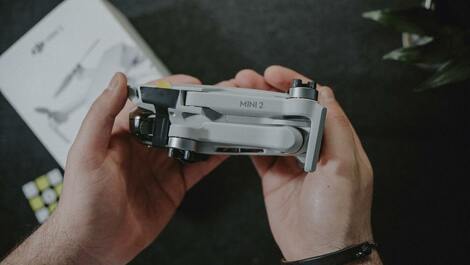
Which Is The Top Drone Camera ?
However, there are many great drone cameras available on the market, and the top one for you will depend on your specific needs and budget.
I would recommend considering factors such as camera quality, flight time, range, stability, and ease of use when choosing the top one for your needs.
You can also read reviews and comparisons of different drone cameras to help you make an informed decision.
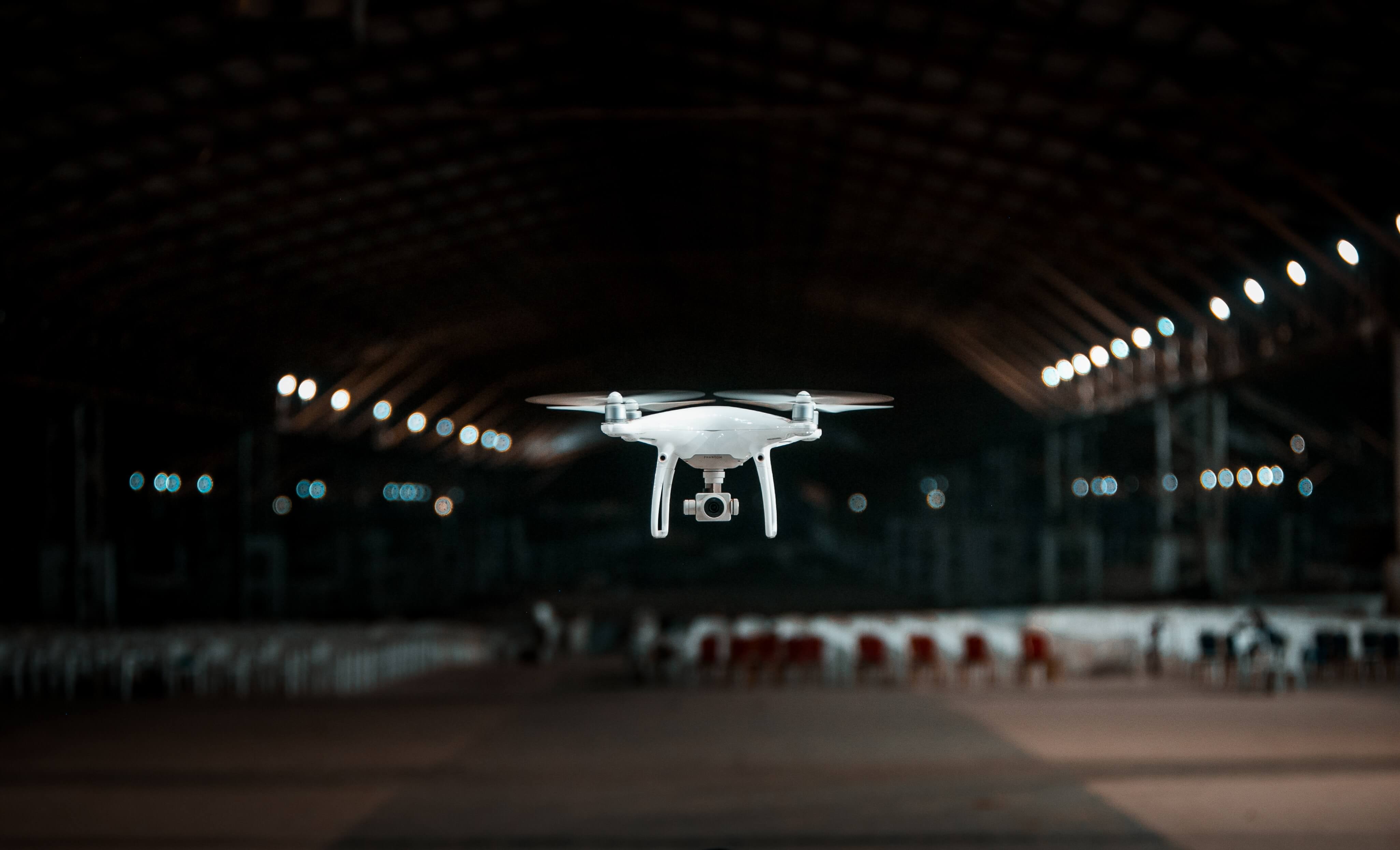
How Much Is A Good Drone With Camera ?
The price of a good drone with a camera can vary greatly depending on the brand, features, and quality of the camera. You can find entry-level drones with cameras for under $100, but these may have limited camera capabilities and flight time.
For a good quality drone with a decent camera, you can expect to pay between $300 to $800. These drones usually have better cameras and longer flight times, as well as additional features like obstacle avoidance, autonomous flight modes, and longer range.
If you're looking for a professional-grade drone with a high-quality camera, you can expect to pay $1000 or more. These drones typically have advanced camera features, longer flight times, and more advanced flight capabilities.
Ultimately, the price of a drone with a camera will depend on your specific needs and budget. It's important to consider factors like camera quality, flight time, stability, and ease of use when choosing a drone within your price range.
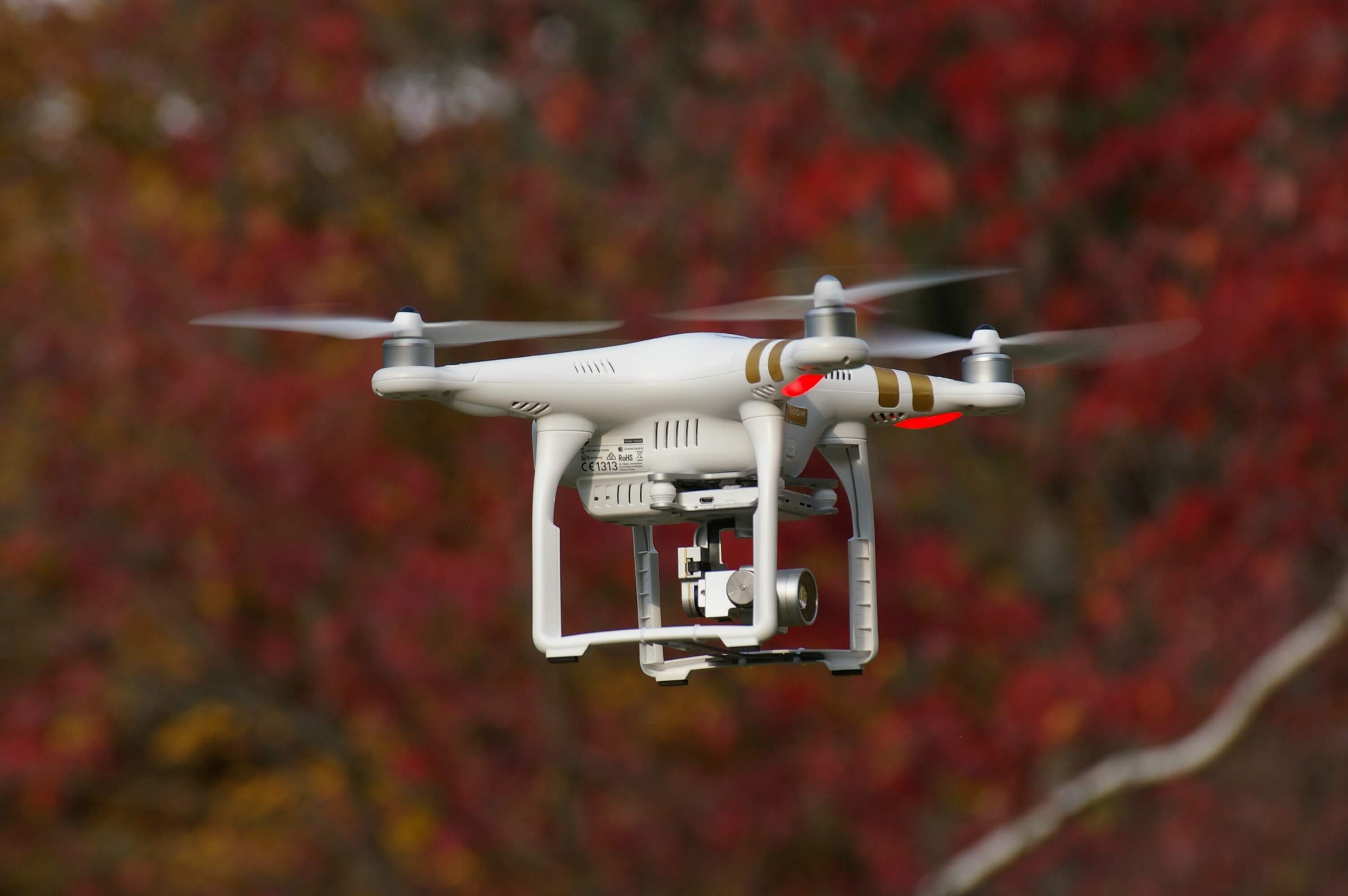
Top Drone With Camera : What Is A Good Drone To Take Pictures With ?
There are many good drones available for taking pictures, and the top one for you will depend on your specific needs and budget. Here are some options to consider:
- DJI Mavic Air 2: This drone is known for its excellent camera quality, with a 48-megapixel camera that shoots 4K video. It also has a long battery life and advanced features like obstacle avoidance and autonomous flight modes.
- DJI Mini 2: This drone is a great option for those looking for a compact and portable drone that still has excellent camera quality. It has a 12-megapixel camera that shoots 4K video, as well as a long battery life and easy-to-use controls.
- Autel Robotics Evo II: This drone has a high-quality 6K camera that shoots at 60 frames per second, making it a great choice for professional photographers and videographers. It also has a long battery life and a range of up to 9 kilometers.
- Parrot Anafi: This drone is known for its compact design and excellent image quality. It has a 21-megapixel camera that shoots 4K video, as well as a unique 180-degree tilt gimbal that allows for versatile shooting angles.
Ultimately, the finest drone for taking pictures will depend on your specific needs and budget. Consider factors like camera resolution, stability, flight time, and ease of use when making your decision.
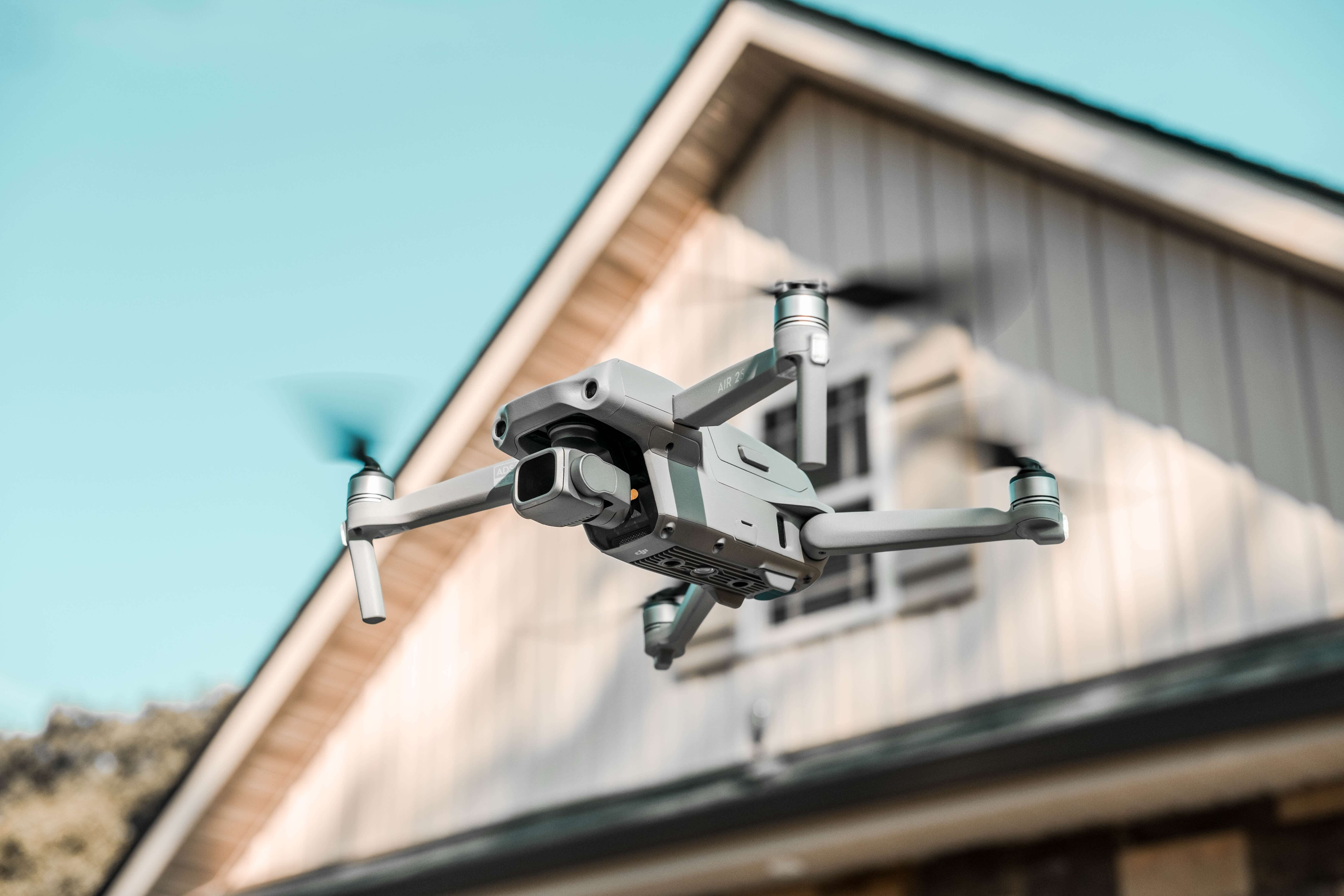
Primed Camera Drones
2023: Capture Stunning Aerial Photography And Video
However, based on current technology trends and advancements, some of the prime camera drones for capturing stunning aerial photography and video in 2023 could include:
- DJI Mavic 3: DJI is a leading drone manufacturer, and the Mavic 3 is expected to be their next flagship drone. It's expected to have a 48-megapixel camera, 8K video capabilities, and advanced features like obstacle avoidance and autonomous flight modes.
- Autel Robotics EVO III: Autel Robotics is another popular drone manufacturer, and the EVO III is expected to be their newest and most advanced drone yet. It's rumored to have a 6K camera, 60 frames per second video capabilities, and a range of up to 12 kilometers.
- Skydio 3: Skydio is known for their advanced obstacle avoidance technology, and the Skydio 3 is expected to take this to the next level. It's rumored to have a 4K camera, 60 frames per second video capabilities, and a range of up to 8 kilometers.
- PowerVision PowerEgg X: The PowerEgg X is a unique drone that can also be used as a handheld camera. It's expected to have a 4K camera, 60 frames per second video capabilities, and advanced features like facial recognition and gesture control.
Ultimately, the top camera drone for you will depend on your specific needs and budget. Consider factors like camera resolution, stability, flight time, range, and ease of use when making your decision.
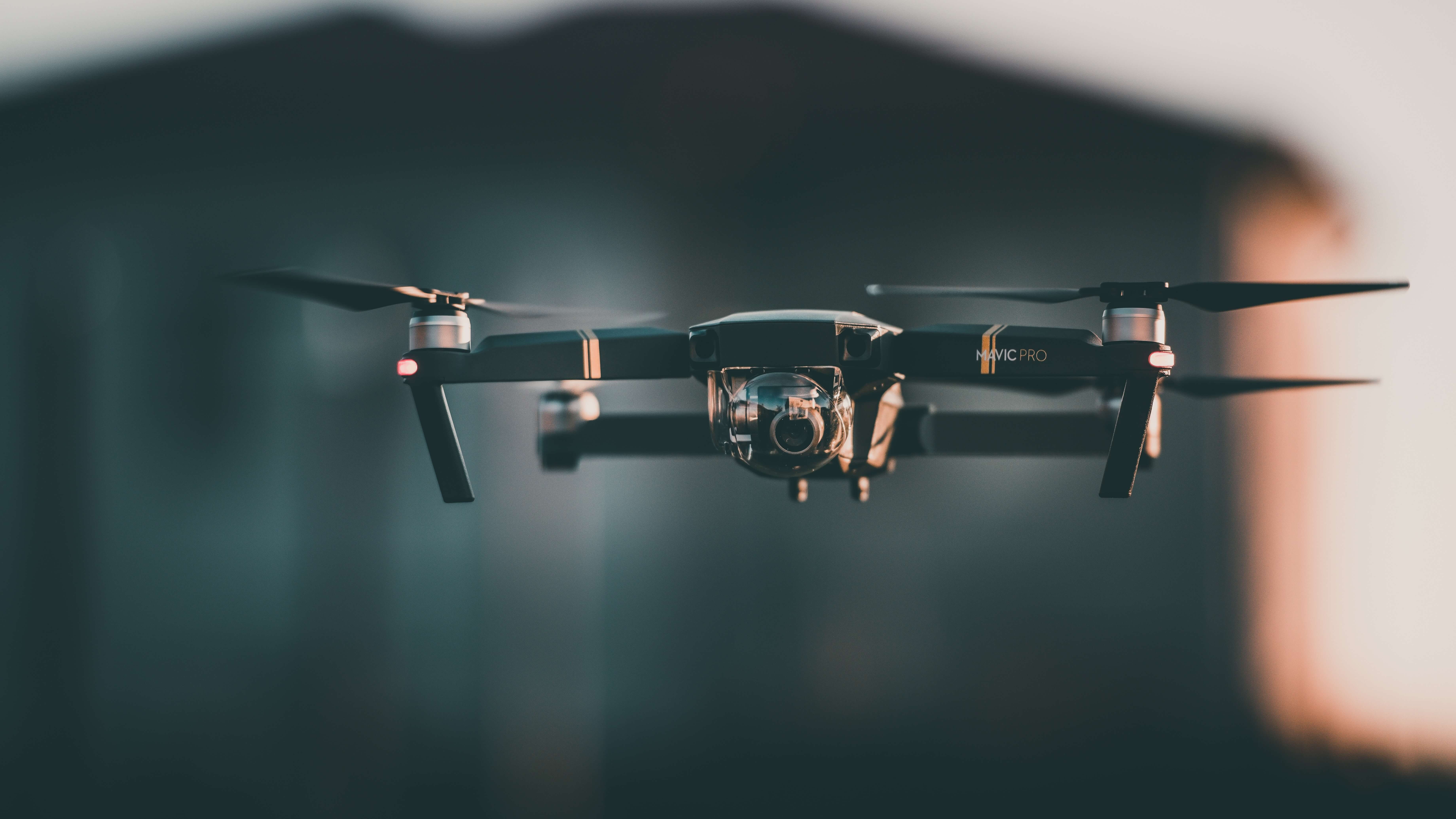
What Is A Skydio 2+
?
As of my knowledge cutoff date of September 2021, the Skydio 2+ is not an official product offered by Skydio. Skydio is a drone manufacturer known for their advanced obstacle avoidance technology and the Skydio 2 is their flagship drone, released in 2019.
It's possible that the Skydio 2+ is a custom modification of the Skydio 2 drone made by a third-party, but this would not be an official product or modification offered by Skydio.
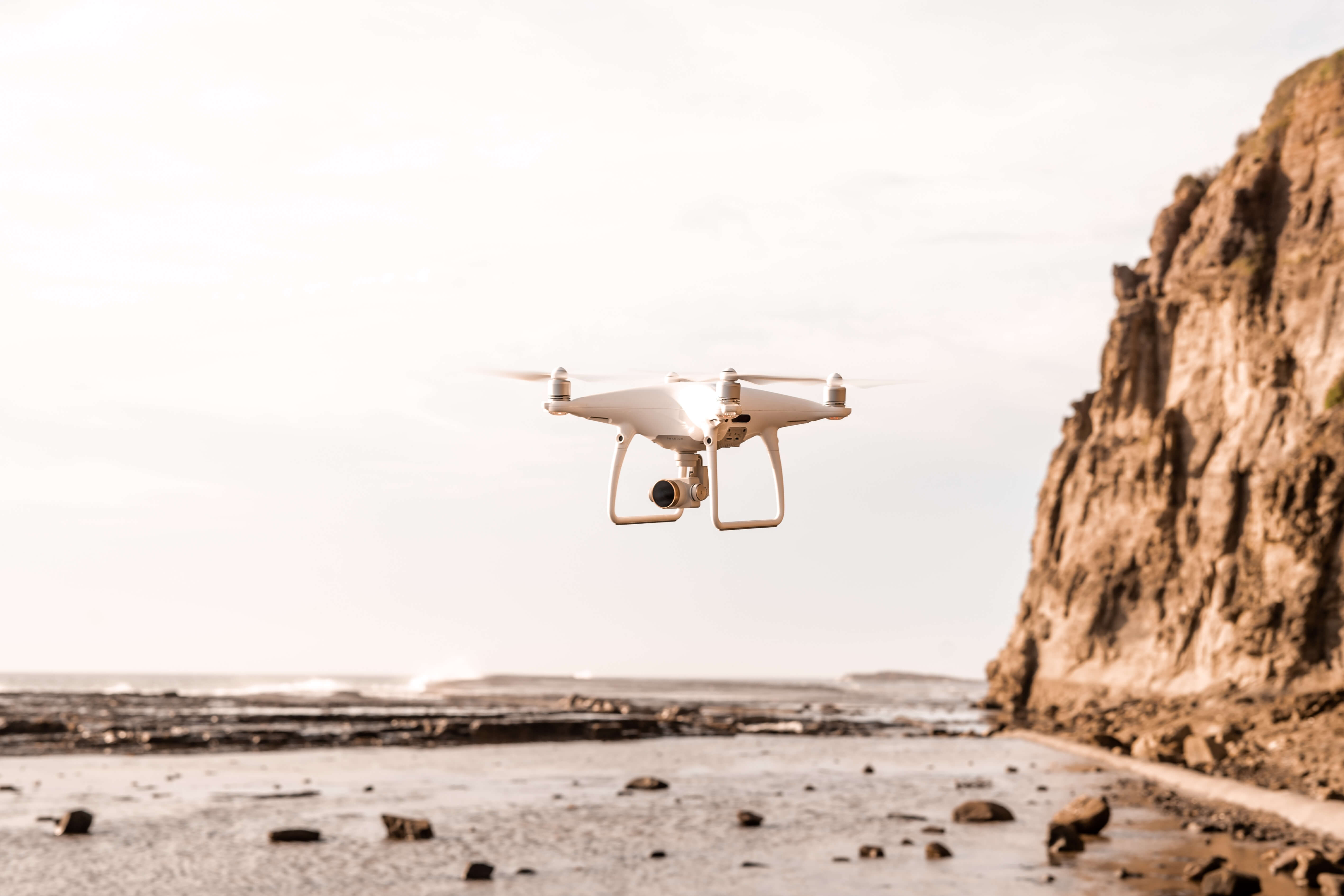
Top Drone For The Money ?
There are many great drones available on the market at various price points, but the top drone for the money will depend on your specific needs and budget. Here are some options to consider:
- DJI Mini 2: This drone is a great option for those looking for a compact and portable drone that still has excellent camera quality. It has a 12-megapixel camera that shoots 4K video, as well as a long battery life and easy-to-use controls. Plus, it's relatively affordable compared to other DJI drones.
- Holy Stone HS720E: This drone offers a great value for its price, with a 4K camera, a range of up to 1.2 kilometers, and a long battery life. It also has advanced features like GPS positioning, intelligent flight modes, and a foldable design for easy transport.
- Potensic T25: This drone is a great budget-friendly option for those just starting out with drones. It has a 1080p camera, a range of up to 300 meters, and features like altitude hold and one-key takeoff and landing. Plus, it comes with a carrying case and extra battery.
- DJI Mavic Air: Although not the newest model from DJI, the Mavic Air still offers excellent value for its price. It has a 4K camera, a range of up to 4 kilometers, and advanced features like obstacle avoidance and autonomous flight modes.
Ultimately, the top drone for the money will depend on your specific needs and budget. Consider factors like camera quality, stability, flight time, and ease of use when making your decision.
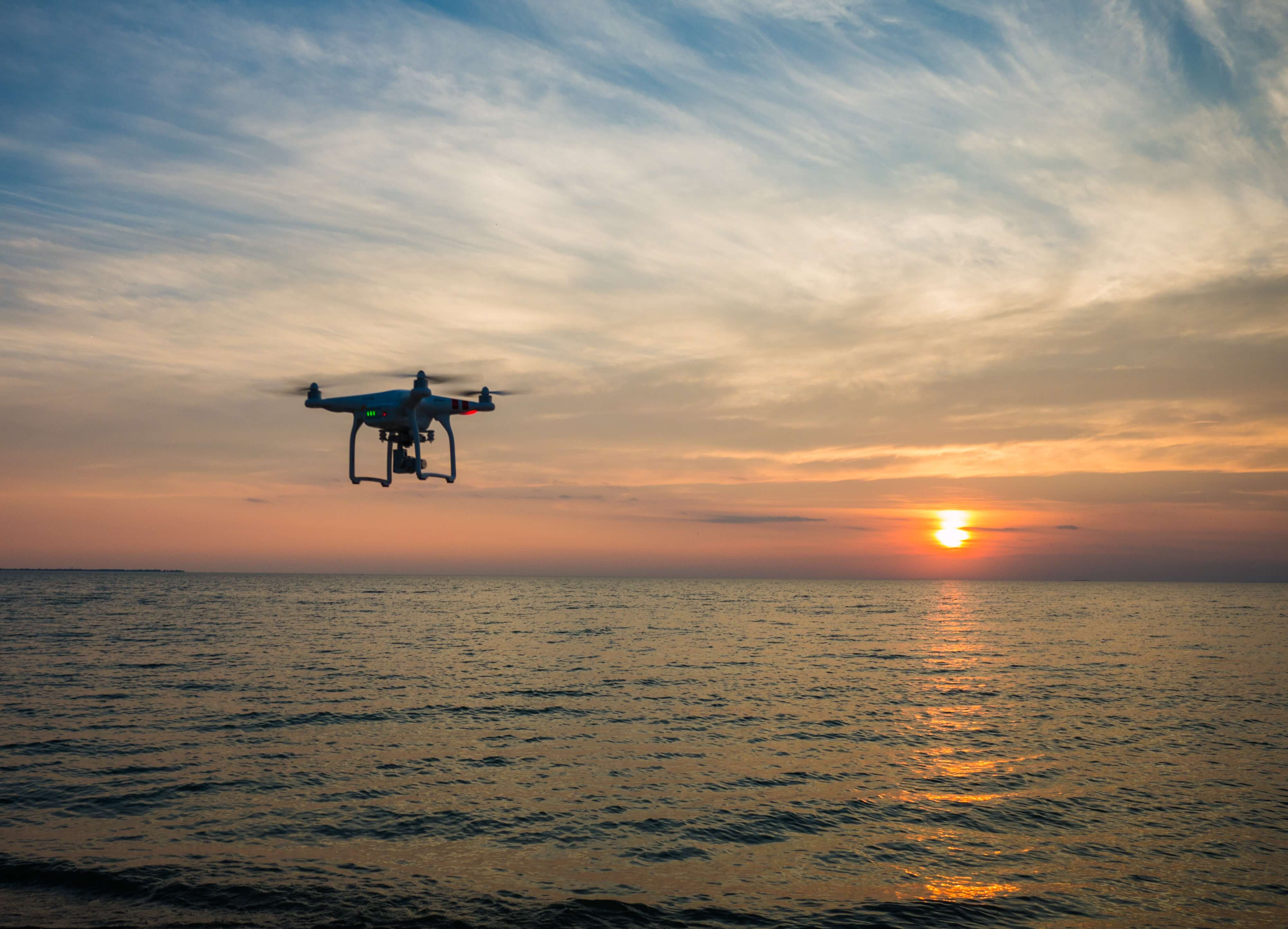
Professional Drone Camera 10 Features ?
Professional drone cameras typically have advanced features that allow for high-quality aerial photography and videography. Here are ten common features you might find on a professional drone camera:
- High-resolution camera: Professional drone cameras often have high-resolution sensors, with capabilities up to 6K or even 8K. This allows for extremely detailed images and video.
- Adjustable aperture: Many professional drone cameras have adjustable apertures, which allow for greater control over depth of field and exposure.
- RAW image capture: Professional drone cameras often have the ability to capture images in RAW format, which allows for greater flexibility and control in post-processing.
- Gimbal stabilization: Top drone camera ? Most professional drone cameras come equipped with a gimbal, which helps stabilize the camera during flight and produces smoother, more professional-looking footage.
- Multiple lenses: Some professional drone cameras come with interchangeable lenses, allowing for different focal lengths and shooting perspectives.
- High frame rates: Professional drone cameras often have the ability to shoot at high frame rates, which allows for smooth slow-motion footage.
- Extended dynamic range: Professional drone cameras often have extended dynamic range capabilities, which allows for better capture of detail in both bright and dark areas of the image.
- Obstacle avoidance: Many professional drone cameras come equipped with obstacle avoidance sensors, which help prevent crashes and keep the drone and camera safe.
- Long battery life: Professional drone cameras typically have longer battery life than consumer-grade drones, allowing for more extended flights and more time in the air.
- Advanced autonomous flight modes: Professional drone cameras often have advanced autonomous flight modes, which allow for precise and repeatable flight paths and camera movements, such as waypoint navigation, follow-me, and orbit modes.
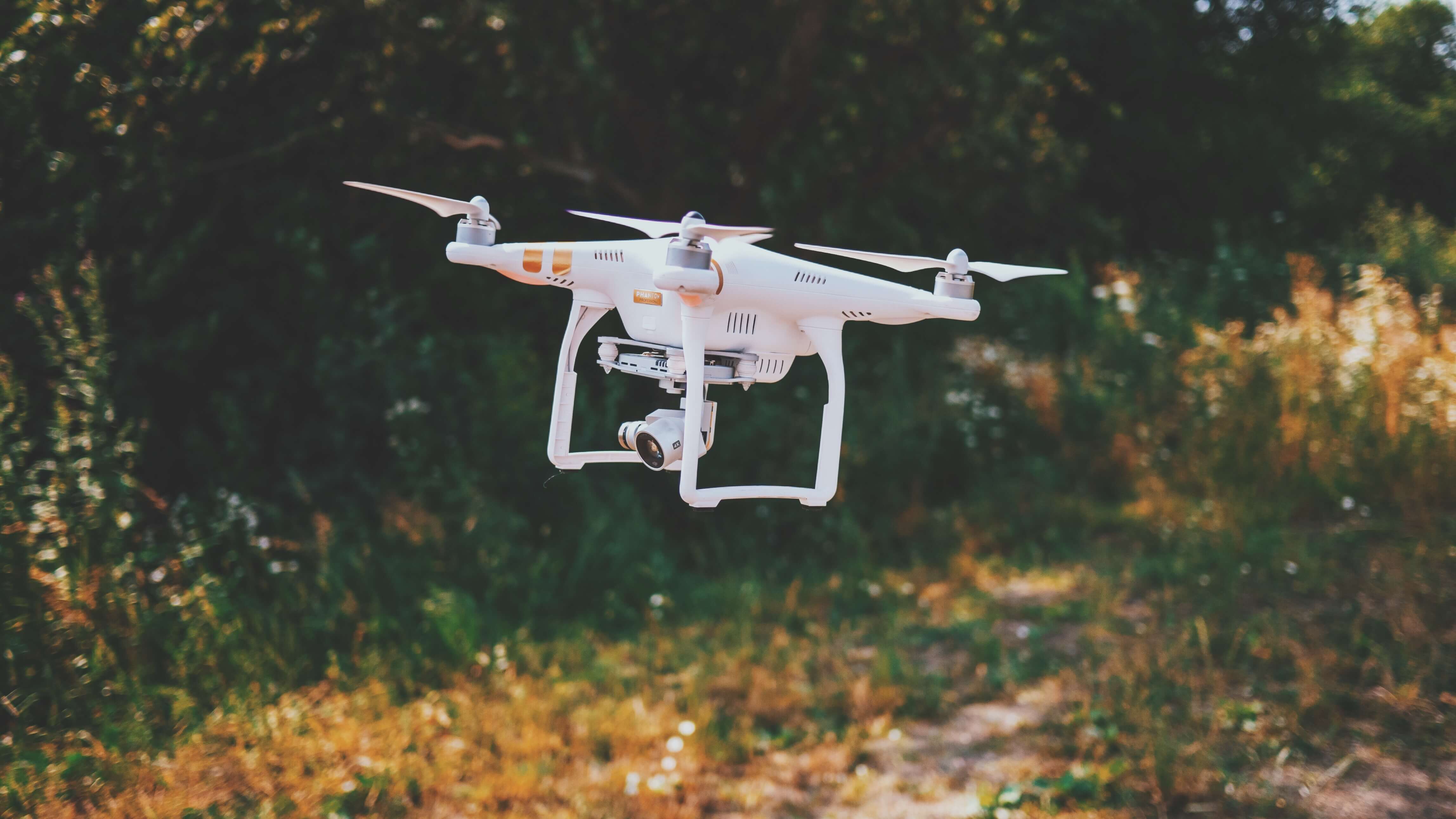
How To Choose The Top Drone For You ?
Choosing the top drone for you can be a daunting task, but here are some factors to consider to help you make an informed decision:
- Purpose: Think about why you want a drone. Is it for aerial photography or videography? Do you want to use it for racing or sport flying? Your intended purpose will dictate the type of drone you should look for.
- Camera: If you plan to use your drone for photography or videography, the camera will be a crucial factor to consider. Look for drones with high-quality cameras that can shoot in 4K resolution or higher.
- Flight time: Consider how long you want to fly your drone before needing to recharge the batteries. Most drones have a flight time of around 20-30 minutes, but some have longer battery life.
- Range: Think about how far you want your drone to be able to fly away from you. Drones with longer range capabilities are typically more expensive but offer more flexibility.
- Size and portability: Top drone camera ? Consider how portable you need your drone to be. If you plan to take it on trips or hikes, you may want a smaller, more portable drone that can easily fit in a backpack.
- Budget: Drones can range in price from under $100 to thousands of dollars. Determine your budget and look for drones within that range that meet your needs.
- Features: Look for drones with features that are important to you, such as obstacle avoidance, GPS navigation, and autonomous flight modes.
Ultimately, the top drone for you will depend on your specific needs and budget. Consider factors like camera quality, stability, flight time, range, and ease of use when making your decision.

What Is A Drone Camera ?
A drone camera is a camera that is mounted on a drone, which is an unmanned aerial vehicle that is remotely controlled. The camera is used to capture aerial photography and videography from a unique perspective, which would not be possible from the ground.
Drone cameras come in various types and sizes, ranging from small and portable cameras that are attached to smaller drones, to larger and more advanced cameras that are attached to professional-grade drones. The cameras can range in resolution, from standard definition to high definition, and some advanced models can shoot in 4K or even 8K resolution.
Drone cameras are used for a wide range of applications, including aerial photography and videography, surveying, mapping, search and rescue, and more. They have become increasingly popular in recent years due to advancements in drone technology and the ability to capture unique perspectives and footage that were previously impossible or expensive to obtain.
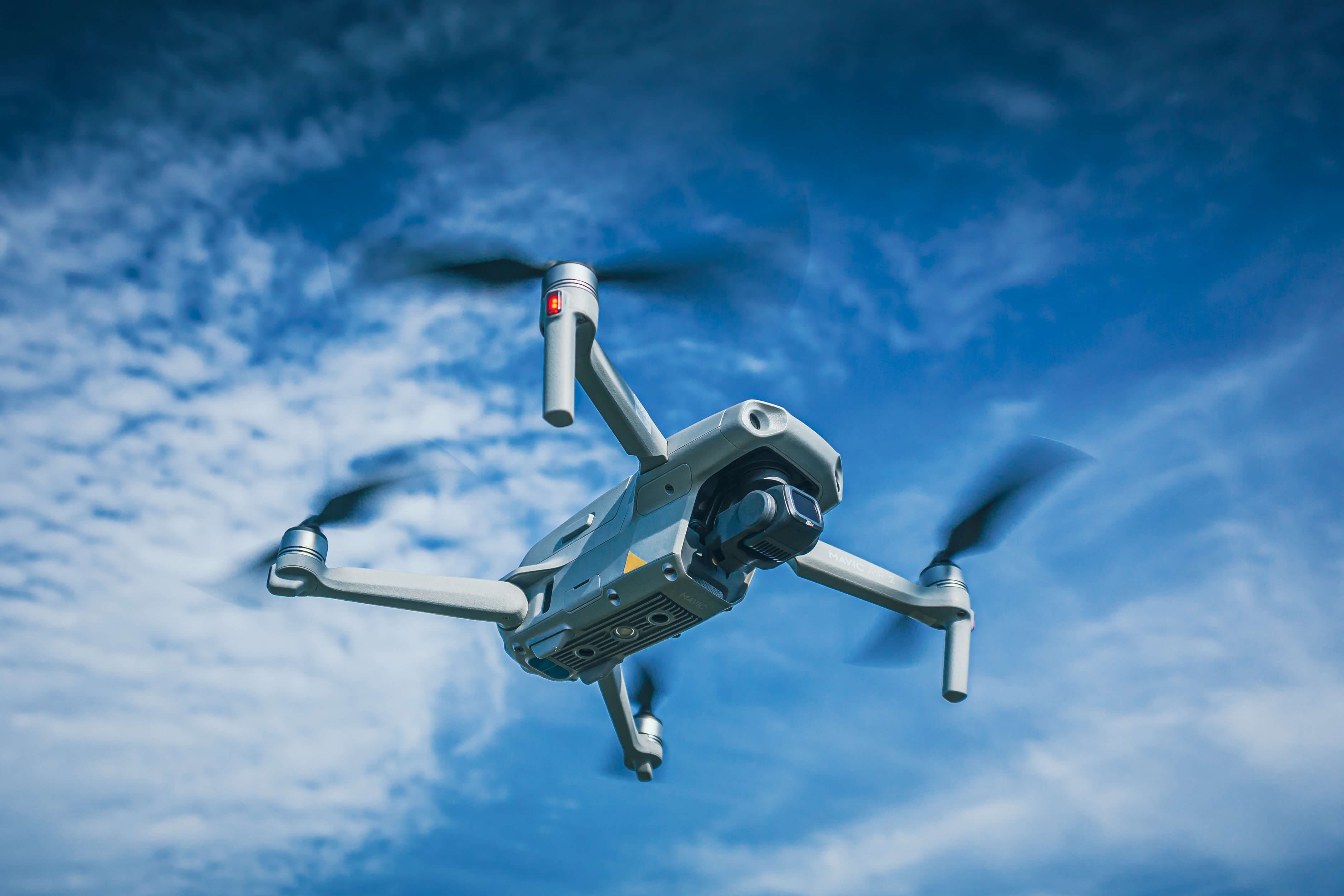
Who Invented The Drone Camera ?
Drones and drone cameras have a complex history with multiple inventors contributing to their development over the years.
The first remote-controlled unmanned aerial vehicles (UAVs), which are commonly known as drones, were developed in the early 20th century for military purposes. However, it wasn't until the early 2000s that drone cameras began to be used for civilian purposes such as aerial photography and videography.
One of the earliest pioneers of drone technology was Abraham Karem, who developed the Predator drone in the 1990s for the US military. This drone was equipped with a camera for reconnaissance purposes and marked the beginning of the use of drones for aerial surveillance.
In the civilian market, the development of consumer drones equipped with cameras began in the mid-2000s with companies such as DJI and Parrot. DJI is widely credited with popularizing consumer drones and making them accessible to the average person. They released their first drone equipped with a camera, the Phantom, in 2013, which quickly became popular among aerial photographers and videographers.
Since then, many other companies have entered the drone market, developing new and advanced drone camera technologies.
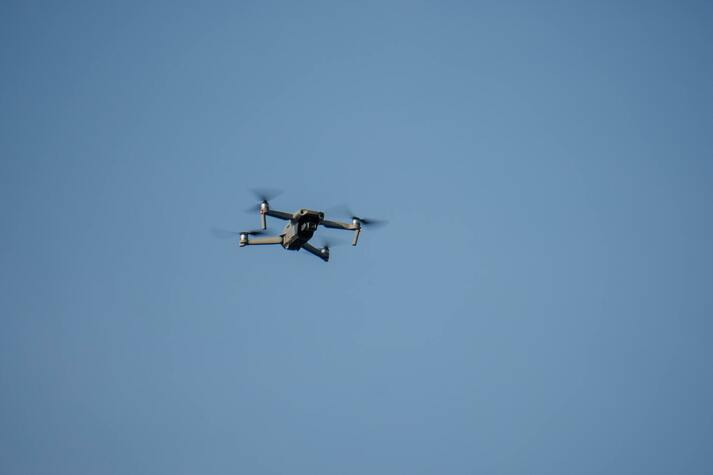
What Is A Drone With A Camera Called ?
A drone with a camera is commonly referred to as a camera drone, drone camera, or camera-equipped drone. These drones are specifically designed to capture aerial photography and videography from a unique perspective. The camera is typically mounted on the drone and is controlled by the operator on the ground.
Drone cameras come in various types and sizes, ranging from small and portable cameras that are attached to smaller drones to larger and more advanced cameras that are attached to professional-grade drones. The cameras can range in resolution, from standard definition to high definition, and some advanced models can shoot in 4K or even 8K resolution.
Camera drones have become increasingly popular in recent years due to advancements in drone technology and the ability to capture unique perspectives and footage that were previously impossible or expensive to obtain. They are used for a wide range of applications, including aerial photography and videography, surveying, mapping, search and rescue, and more.
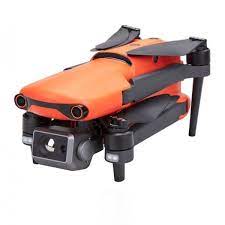
What Are Drone Cameras Mainly Used For ?
Drone cameras are mainly used for capturing aerial photography and videography from a unique perspective that would not be possible from the ground. They allow for stunning and breathtaking shots of landscapes, architecture, events, and more. Some of the most common uses for drone cameras include:
- Aerial photography: Drone cameras are commonly used for capturing high-resolution images of landscapes, cityscapes, and other scenic views from above.
- Aerial videography: Drone cameras are also popular for shooting videos from an aerial perspective. They can capture smooth and cinematic footage of events, landscapes, and more.
- Surveying and mapping: Drone cameras can be used for surveying and mapping land, buildings, and other structures, providing detailed and accurate 3D maps.
- Search and rescue: Drones equipped with cameras can be used for search and rescue missions, providing a bird's-eye view of the area and helping rescuers locate missing persons or emergency situations.
- Agriculture: Drone cameras are used in agriculture to monitor crops, identify areas of stress, and detect potential problems before they become larger issues.
- Inspection and maintenance: Drones equipped with cameras can be used to inspect hard-to-reach areas of buildings, bridges, and other structures, allowing for more efficient and safer inspections and maintenance.
Overall, drone cameras have a wide range of uses and applications and are becoming increasingly popular due to their ability to capture stunning and unique aerial footage.
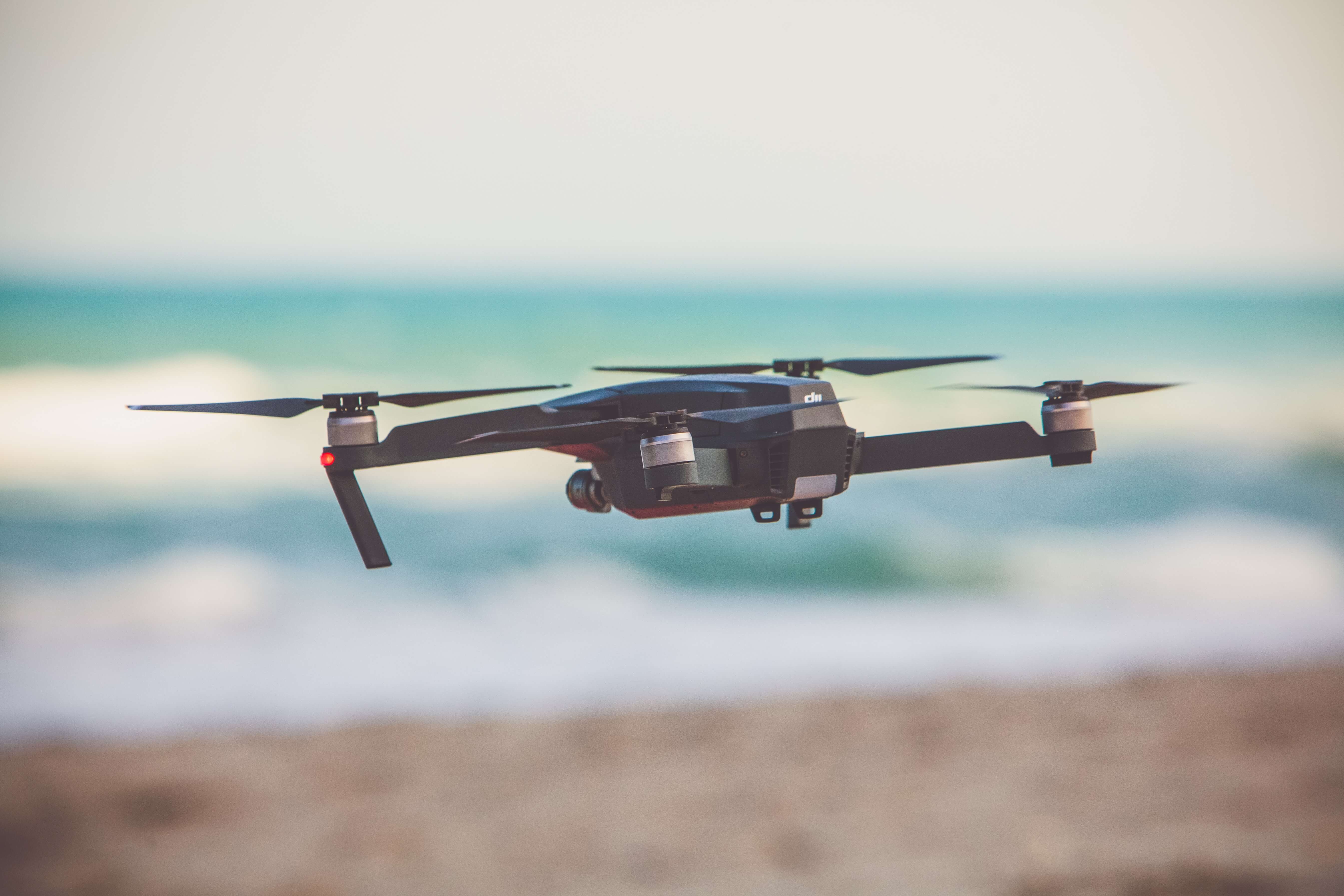
What Is The Main Purpose Of A Drone ?
The main purpose of a drone is to provide a remote-controlled aerial vehicle for various applications. Drones, also known as unmanned aerial vehicles (UAVs), are typically controlled by a human operator on the ground or through an autonomous system.
Drones have a wide range of applications across many industries, including:
- Aerial photography and videography: Drones equipped with cameras are commonly used to capture aerial footage and photos for movies, TV shows, real estate, and more.
- Surveying and mapping: Drones can be used for surveying and mapping land, buildings, and other structures, providing detailed and accurate 3D maps.
- Search and rescue: Drones equipped with cameras can be used for search and rescue missions, providing a bird's-eye view of the area and helping rescuers locate missing persons or emergency situations.
- Agriculture: Drones are used in agriculture to monitor crops, identify areas of stress, and detect potential problems before they become larger issues.
- Inspection and maintenance: Drones equipped with cameras can be used to inspect hard-to-reach areas of buildings, bridges, and other structures, allowing for more efficient and safer inspections and maintenance.
- Environmental monitoring: Drones can be used to monitor and collect data on environmental conditions, such as water quality, air pollution, and wildlife habitats.
Overall, the main purpose of a drone is to provide a versatile and flexible aerial platform for a wide range of applications.
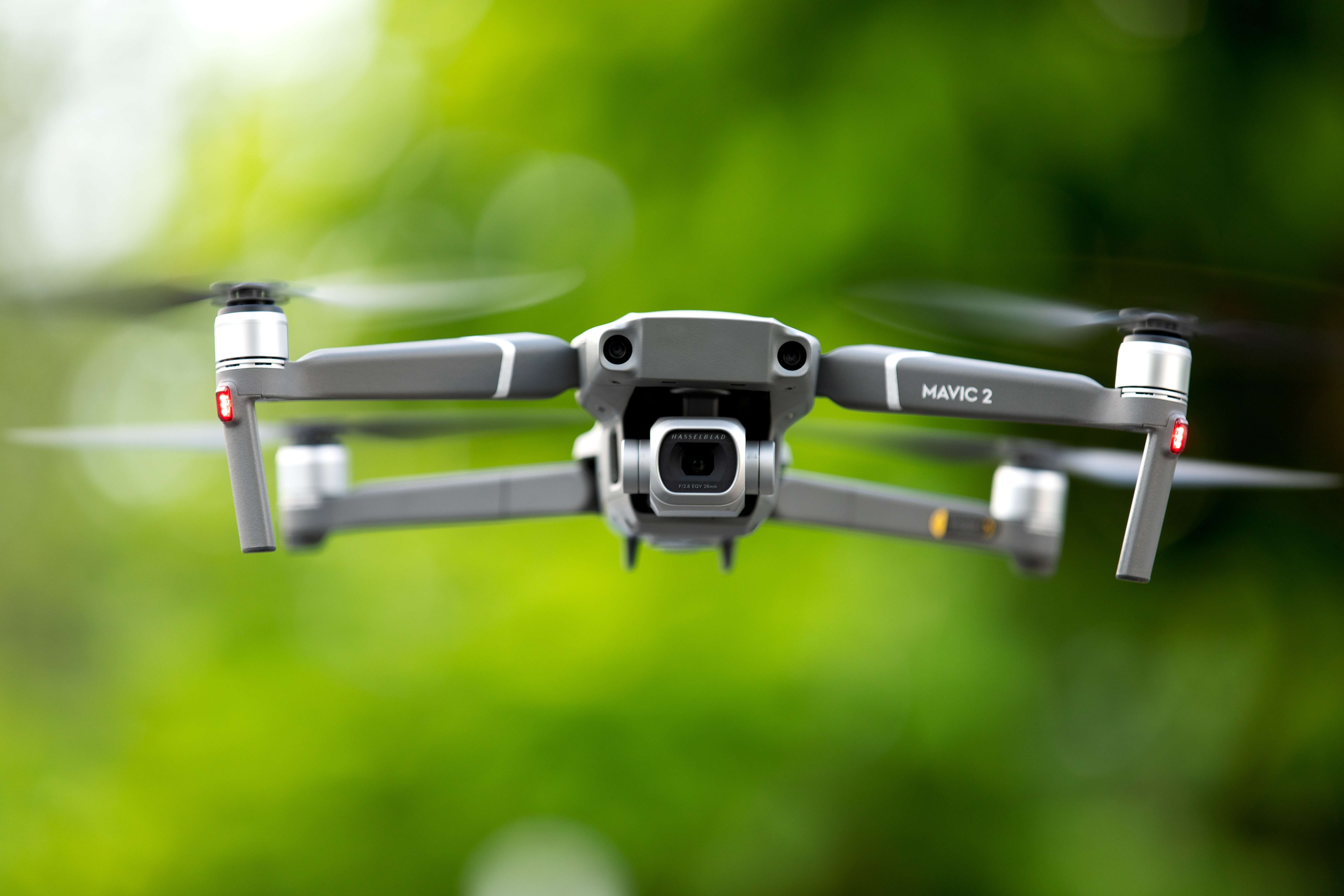
What Are The Benefits Of Drones ?
Drones, also known as unmanned aerial vehicles (UAVs), offer a wide range of benefits across many industries and applications. Here are some of the key benefits of drones:
- Aerial perspective: Drones offer a unique aerial perspective that would not be possible from the ground. They can capture stunning aerial footage and photos, providing a new and creative way to view and showcase landscapes, buildings, and events.
- Cost-effective: Drones are typically more cost-effective than traditional methods of aerial photography or surveying, such as using a helicopter or airplane.
- Safety: Drones can be used for dangerous or hazardous applications, such as inspecting power lines or oil rigs, without putting human operators at risk.
- Efficiency: Drones can be used for more efficient and accurate surveys, inspections, and monitoring, allowing for faster data collection and analysis.
- Accessibility: Drones can access hard-to-reach areas that would be difficult or impossible for humans to access, such as rooftops or remote areas.
- Environmentally friendly: Drones have a smaller environmental impact than traditional aerial methods, such as helicopters or airplanes.
- Precision: Drones equipped with GPS and other advanced technologies can provide precise and accurate measurements and data collection.
Overall, drones offer a wide range of benefits across many industries and applications, providing a versatile and flexible aerial platform for a variety of purposes.
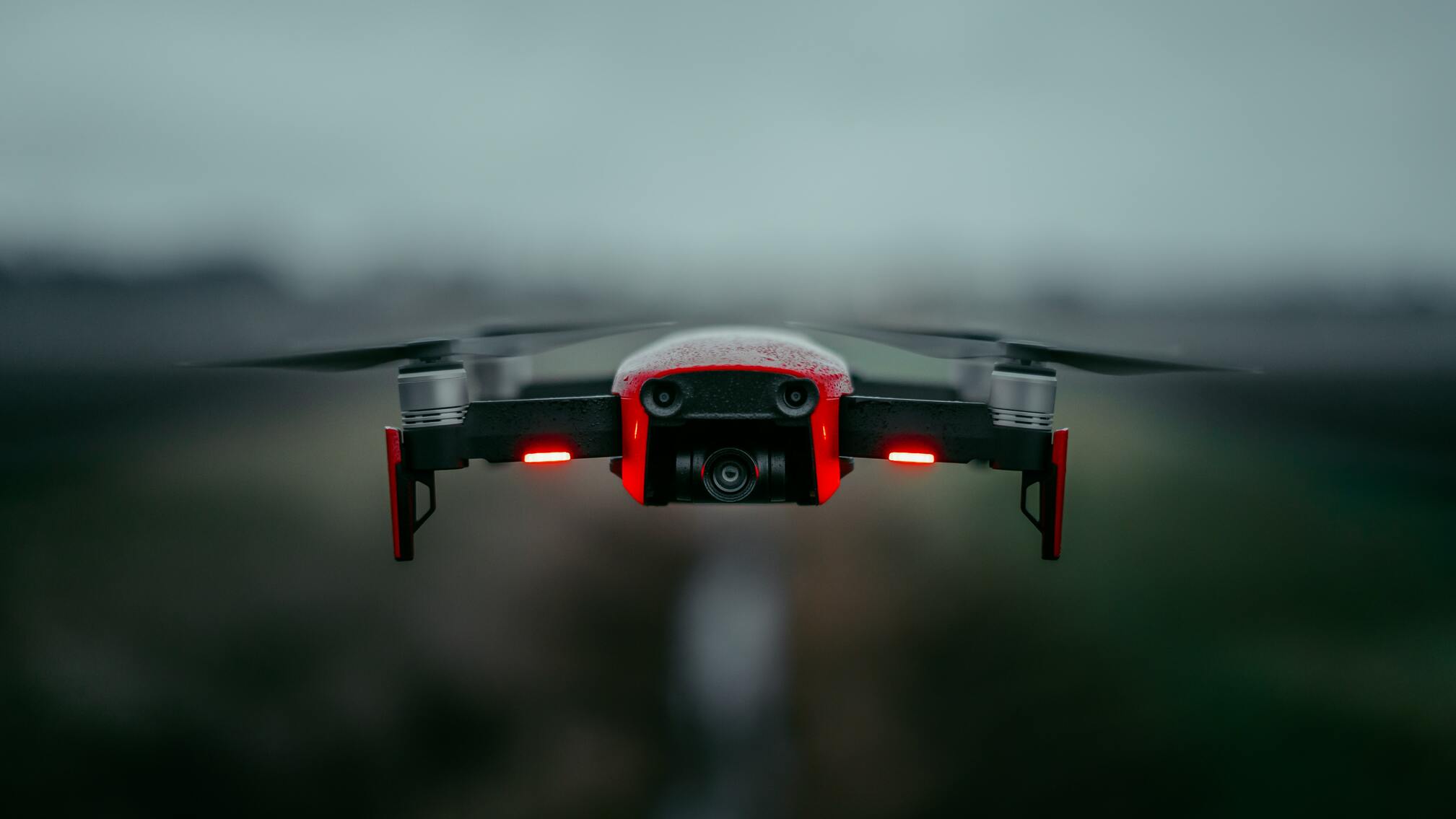
What Is A Nixie Drone ?
Nixie was a wearable drone concept that was developed by a team of engineers at Intel in 2014. The Nixie drone was designed to be worn like a wristband and could be released into the air to capture photos or videos from a unique aerial perspective.
The Nixie drone was intended to be used for outdoor sports and activities, such as skiing, rock climbing, or hiking, where it could capture aerial footage of the user without requiring them to carry a separate drone. The drone could be launched by simply flicking it into the air, and it would automatically stabilize and hover in place.
The Nixie drone was a novel concept and received a lot of attention when it was first announced. However, the project was ultimately shelved by Intel, and the technology was not commercialized.
It's worth noting that "Nixie" is also a brand name for a type of neon tube used in electronic displays, so the term "Nixie drone" could also be used to refer to any drone equipped with Nixie-brand components or technology.
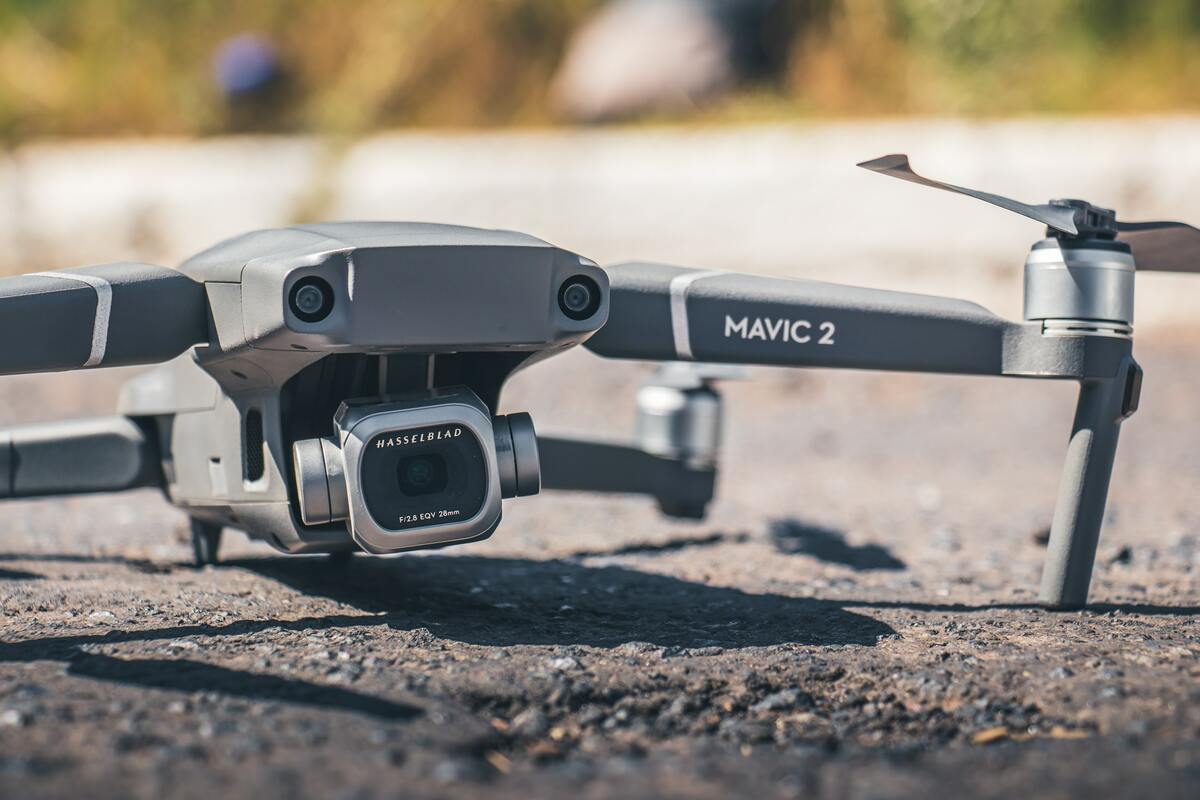
What Is A Miniature
UAV ?
A miniature UAV (Unmanned Aerial Vehicle) is a small, unmanned aircraft that is typically smaller and lighter than traditional drones. Miniature UAVs can range in size from just a few inches to several feet in length, and are designed to be highly maneuverable and versatile.
Miniature UAVs are often used in military or civilian applications where a smaller, more agile aircraft is needed, such as for reconnaissance, surveillance, or search and rescue missions. They are also commonly used in research and development to study flight dynamics and test new technologies.
One of the main advantages of miniature UAVs is their small size and low weight, which allows them to be easily transported and launched from a variety of locations. They are also typically more affordable than larger, more advanced drones, making them accessible to a wider range of users.
However, due to their small size, miniature UAVs may have limited capabilities in terms of payload capacity, flight time, and range. They may also be more susceptible to wind and other environmental factors that can affect stability and control.
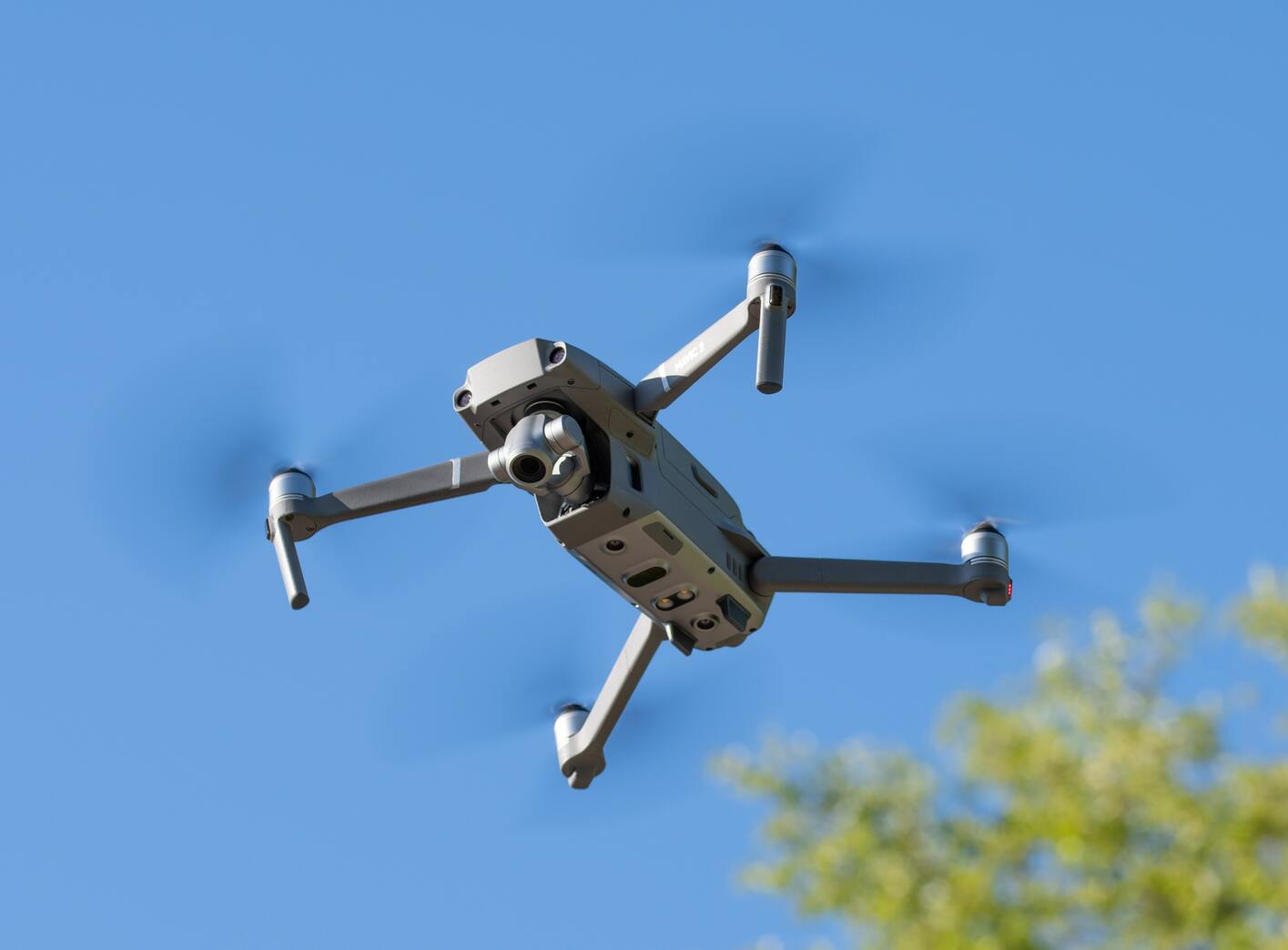
What Is Primoco UAV
?
Primoco UAV is a Czech Republic-based company that specializes in the development and production of unmanned aerial vehicles (UAVs) for commercial and industrial applications. The company was founded in 2015 and has since developed several models of UAVs, including fixed-wing and multirotor drones.
Primoco UAV's flagship product is the One 150, a fixed-wing UAV designed for long-range, high-endurance flights. The One 150 has a wingspan of 3.3 meters and can stay airborne for up to 10 hours, making it ideal for applications such as surveillance, mapping, and environmental monitoring.
In addition to the One 150, Primoco UAV also offers a range of other UAV models, including the One 100, a smaller fixed-wing UAV designed for shorter flights, and the Hexacopter, a multirotor drone for industrial inspection and surveying applications.
Primoco UAV has been involved in a variety of commercial and industrial projects, including aerial mapping for mining and infrastructure projects, environmental monitoring, and surveillance for border security and law enforcement. The company has also developed its own ground control station software, which allows for remote control and monitoring of its UAVs.
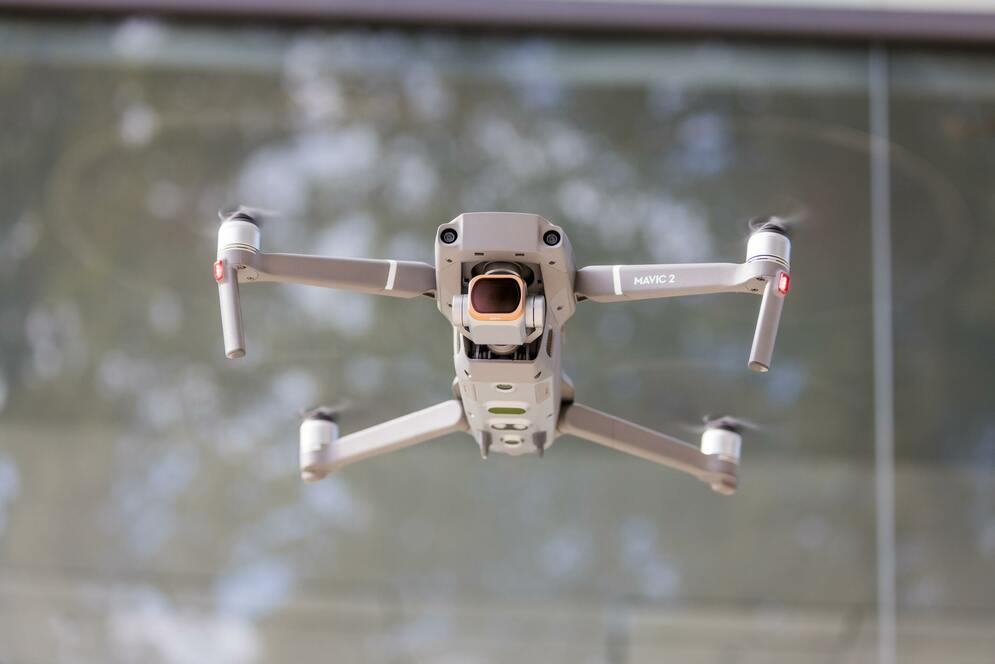
List Of 10 Unmanned
Aerial Vehicles
Here is a list of 10 unmanned aerial vehicles (UAVs):
- DJI Mavic 2 Pro: A highly popular and versatile drone used for aerial photography and videography, featuring a 20-megapixel Hasselblad camera and up to 31 minutes of flight time.
- Parrot Anafi: A lightweight and compact drone with a 4K HDR camera, capable of shooting 180-degree vertical images and videos.
- Yuneec Typhoon H: A hexacopter drone with a 4K camera and retractable landing gear, designed for professional-grade aerial photography and videography.
- Autel Robotics EVO II: A high-end drone with an 8K camera and up to 40 minutes of flight time, designed for professional filmmakers and photographers.
- DJI Phantom 4 Pro V2.0: A highly advanced drone with a 4K camera and advanced obstacle avoidance technology, designed for aerial photography and videography.
- SenseFly eBee X: A fixed-wing drone designed for mapping and surveying, featuring a range of sensors and up to 90 minutes of flight time.
- Lockheed Martin Indago: A compact and rugged drone designed for military and first responder applications, featuring advanced thermal imaging and zoom capabilities.
- Insitu ScanEagle: A fixed-wing drone designed for military and civilian applications, featuring long-range capabilities and up to 20 hours of flight time.
- AeroVironment Raven: A small and lightweight drone designed for military and civilian applications, featuring real-time video and data transmission and up to 60 minutes of flight time.
- Boeing MQ-25 Stingray: An unmanned aerial refueling drone designed for military applications, featuring a range of sensors and advanced autonomous capabilities.
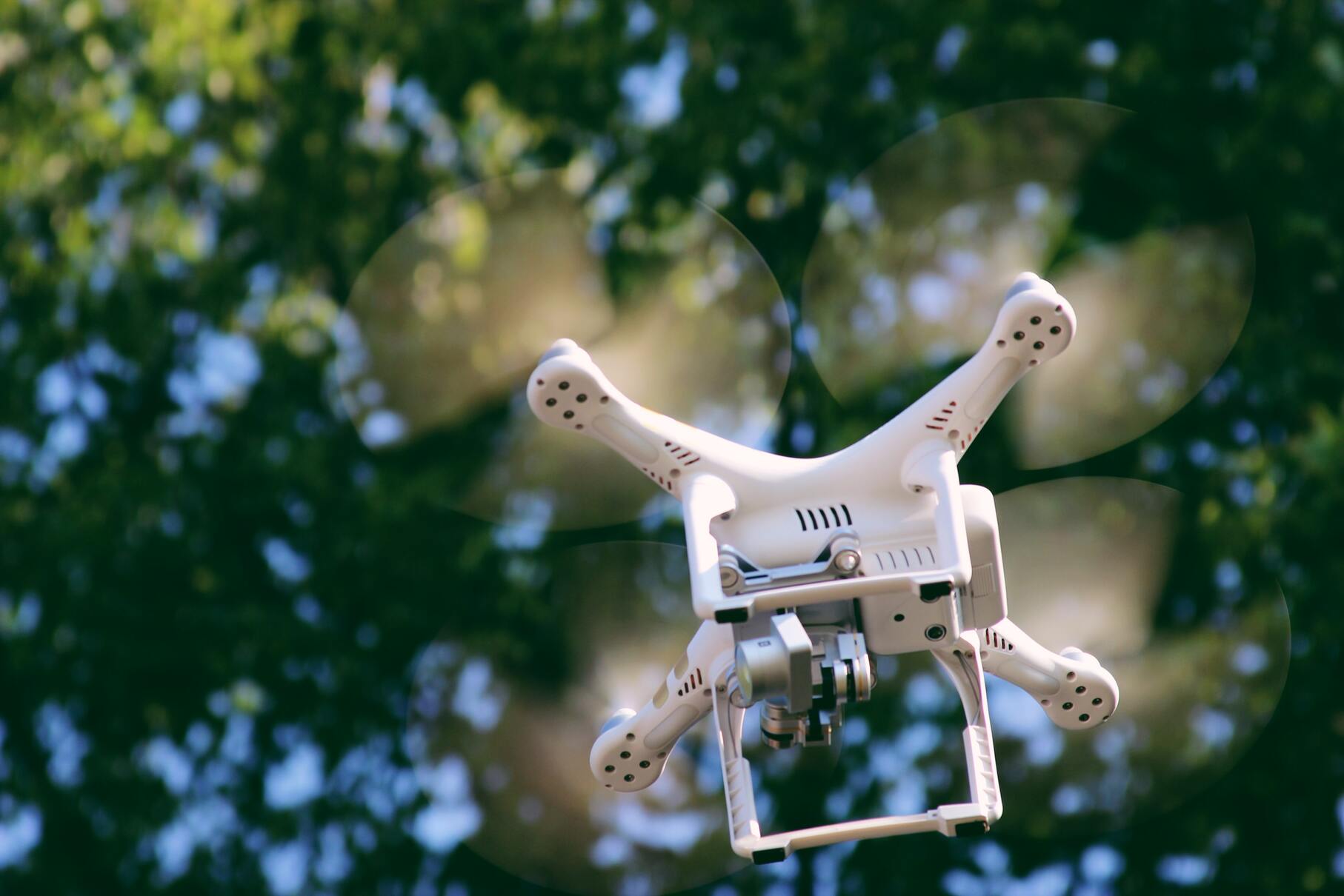
What Is A Black Hornet Nano ?
The Black Hornet Nano is a small, unmanned aerial vehicle (UAV) developed by the Norwegian company Prox Dynamics, which was later acquired by FLIR Systems. It is designed for military and government applications, specifically for reconnaissance and surveillance purposes.
The Black Hornet Nano is a palm-sized drone that weighs less than an ounce and can fit in the palm of a hand. It features a high-resolution camera that can transmit real-time video and images to an operator up to 1.2 miles away. The drone has a flight time of up to 25 minutes and can reach speeds of up to 20 mph.
One of the key features of the Black Hornet Nano is its ability to operate in tight spaces and in close proximity to people or objects. It is equipped with advanced sensors and stabilization technology that allows it to navigate and avoid obstacles with ease.
The Black Hornet Nano has been used by military and government agencies around the world, including the British Army, the Norwegian Armed Forces, and the United States Army. It has proven to be a valuable tool for reconnaissance and surveillance missions, providing critical intelligence in situations where human access is limited or too risky.
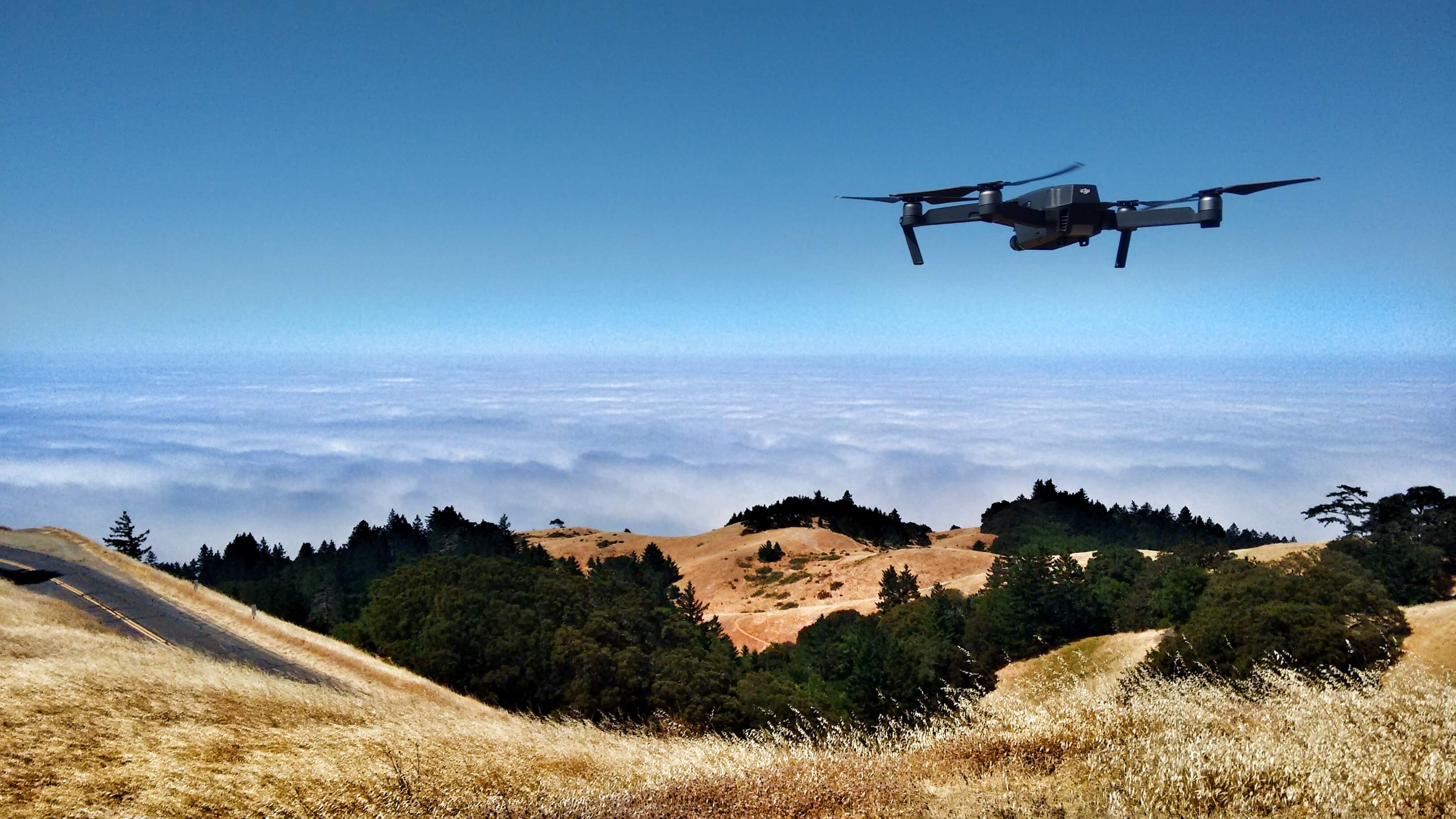
What Is A Parrot
Drone ?
Parrot is a French company that specializes in the design and development of consumer and commercial unmanned aerial vehicles (UAVs), commonly known as drones. Parrot has released several models of drones that range from small and portable to larger, more advanced drones designed for professional use.
One of Parrot's most popular consumer drone models is the Anafi, which is a lightweight and compact drone that is capable of shooting 4K video and high-resolution photos. The Anafi features a 180-degree tilting camera, which allows it to shoot straight up or straight down, as well as a number of automatic flight modes.
In addition to the Anafi, Parrot has also developed several other drone models, including the Bebop 2, the Disco, and the Swing. These drones are designed for a variety of applications, from aerial photography and videography to racing and gaming.
Parrot has also developed drones for commercial and industrial use, such as the ANAFI USA, which is designed for surveillance, inspection, and mapping applications. The ANAFI USA is equipped with a 32x zoom camera and thermal imaging capabilities, as well as advanced features such as GPS tracking and obstacle avoidance technology.
Overall, Parrot is a leading manufacturer of consumer and commercial drones, and has established itself as a key player in the drone industry.
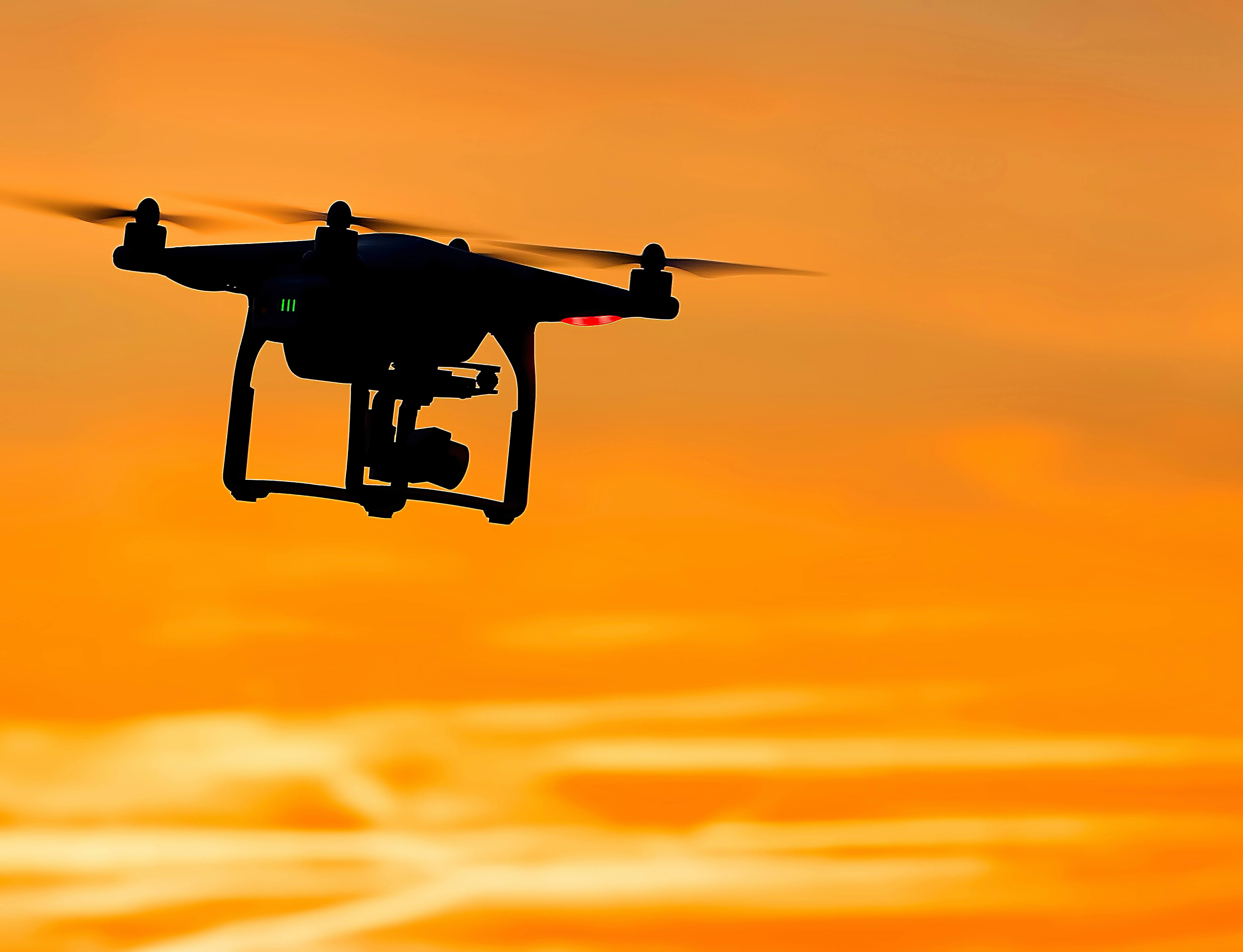
Name 10 Features Of
Aerial Photography ?
Here are 10 features of aerial photography:
- Unique perspective: Aerial photography provides a unique perspective that is not possible with ground-level photography, allowing for stunning and captivating images.
- Wide-angle shots: Aerial photography allows for wide-angle shots of landscapes, cities, and other scenery, giving viewers a sense of scale and context.
- High-resolution images: Aerial photography can capture high-resolution images with sharp detail and clarity, allowing for zooming and cropping without losing quality.
- Bird's-eye view: Aerial photography provides a bird's-eye view of the subject, giving viewers a new and interesting perspective on familiar scenes.
- Capturing motion: Aerial photography can capture motion, such as the movement of water, clouds, or crowds, in a way that ground-level photography cannot.
- 3D modeling: Aerial photography can be used to create 3D models of landscapes, buildings, and other structures, allowing for detailed analysis and mapping.
- Environmental monitoring: Aerial photography can be used to monitor and track changes in the environment, such as deforestation, erosion, or natural disasters.
- Surveying and mapping: Aerial photography can be used for surveying and mapping land, buildings, and other structures, providing accurate and detailed data.
- Search and rescue: Aerial photography can be used in search and rescue operations, providing a bird's-eye view of the area and helping rescuers locate missing persons or emergency situations.
- Marketing and advertising: Aerial photography can be used for marketing and advertising purposes, such as showcasing real estate, tourism, and events in a visually compelling way.

Name 10 Benefits Of
Using An Agricultural Drone ?
Here are 10 benefits of using an agricultural drone:
- Improved crop monitoring: Agricultural drones can be used to monitor crop health, identify areas of stress or disease, and provide early warning signs of potential issues.
- Increased efficiency: Drones can cover large areas quickly and efficiently, reducing the time and resources required for traditional crop monitoring methods.
- Precise mapping: Drones can provide precise mapping and data analysis of crop yields, soil conditions, and water usage, allowing farmers to optimize their farming practices.
- Reduced costs: Using drones for crop monitoring can reduce the costs associated with manual labor, equipment, and fuel required for traditional crop monitoring methods.
- Improved yields: By providing early detection of crop issues and precise mapping of crop health, drones can help farmers identify and address issues before they result in lower yields.
- Remote monitoring: Drones can be operated remotely, allowing farmers to monitor their crops from anywhere, at any time.
- Reduced environmental impact: Drones can help reduce the environmental impact of farming by minimizing the use of fertilizers, pesticides, and other chemicals.
- Enhanced safety: Drones can be used for dangerous or hard-to-reach areas, such as steep slopes or flooded fields, reducing the risk of injury to farmers.
- Increased data collection: Drones can collect large amounts of data on crops, soil, and weather conditions, providing farmers with valuable insights and information.
- Improved decision-making: By providing detailed and precise information on crop health and environmental conditions, drones can help farmers make informed decisions about their farming practices, leading to increased efficiency and higher yields.
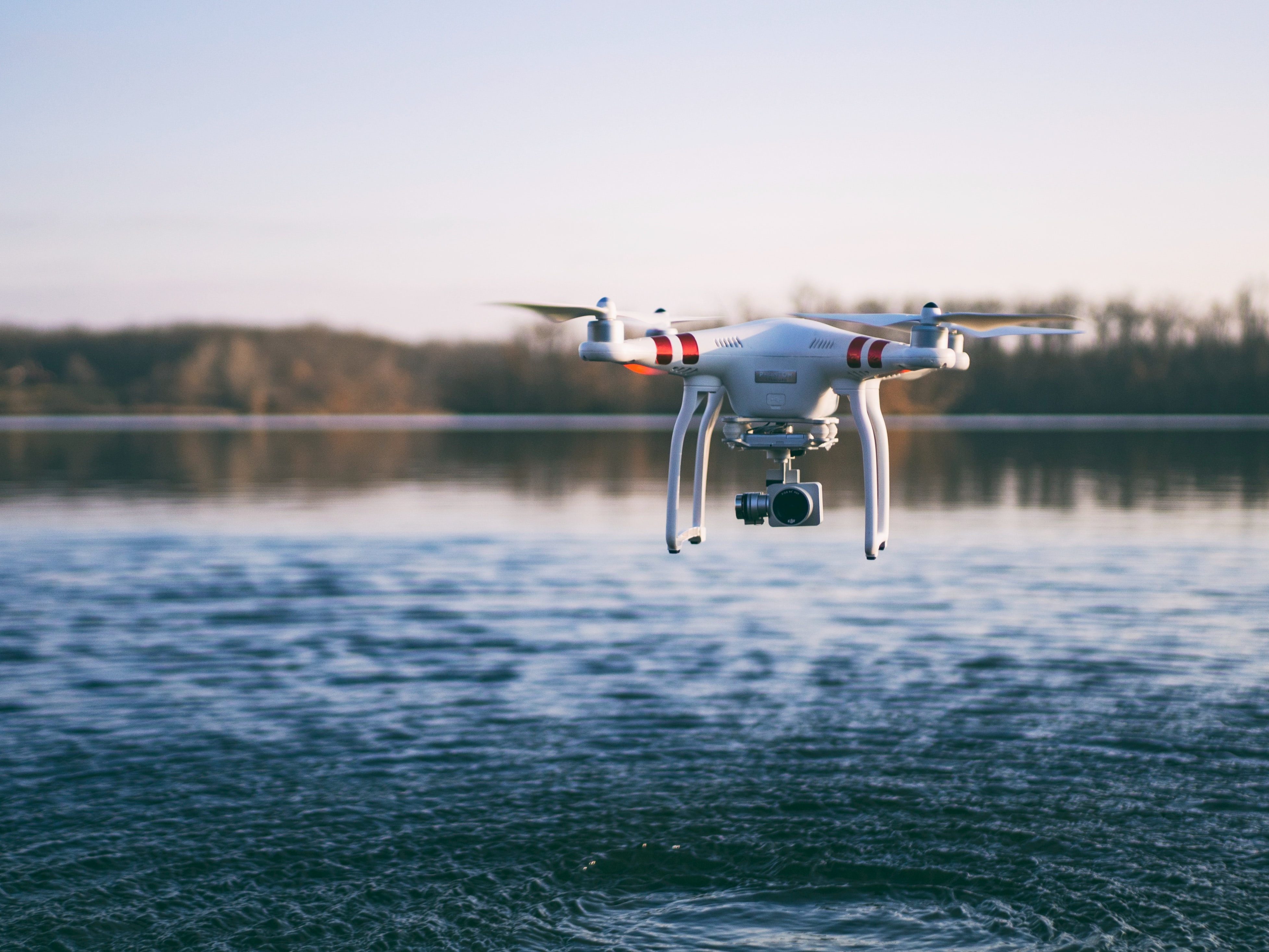
AeroVironment RQ-11
Raven
The AeroVironment RQ-11 Raven is a small, hand-launched unmanned aerial vehicle (UAV) that is primarily used for military reconnaissance and surveillance purposes. The Raven is designed to be portable and easy to operate, allowing it to be deployed quickly and efficiently in the field.
The Raven has a wingspan of just over four feet and weighs less than five pounds, making it highly portable and easy to transport. It is launched by hand and can fly at altitudes of up to 500 feet for up to 90 minutes, providing real-time video and data transmission to an operator on the ground.
The Raven is equipped with a high-resolution camera that can capture still images and video, as well as infrared and night vision capabilities for low-light and nighttime operations. It is also equipped with GPS navigation and autonomous flight capabilities, allowing it to fly pre-programmed routes or return to a designated landing zone.
The Raven has been used by the United States military and other allied forces around the world for reconnaissance and surveillance missions, providing critical intelligence and situational awareness to commanders and ground forces. Its small size and easy operation make it an ideal tool for military and civilian applications where a small, portable UAV is needed.
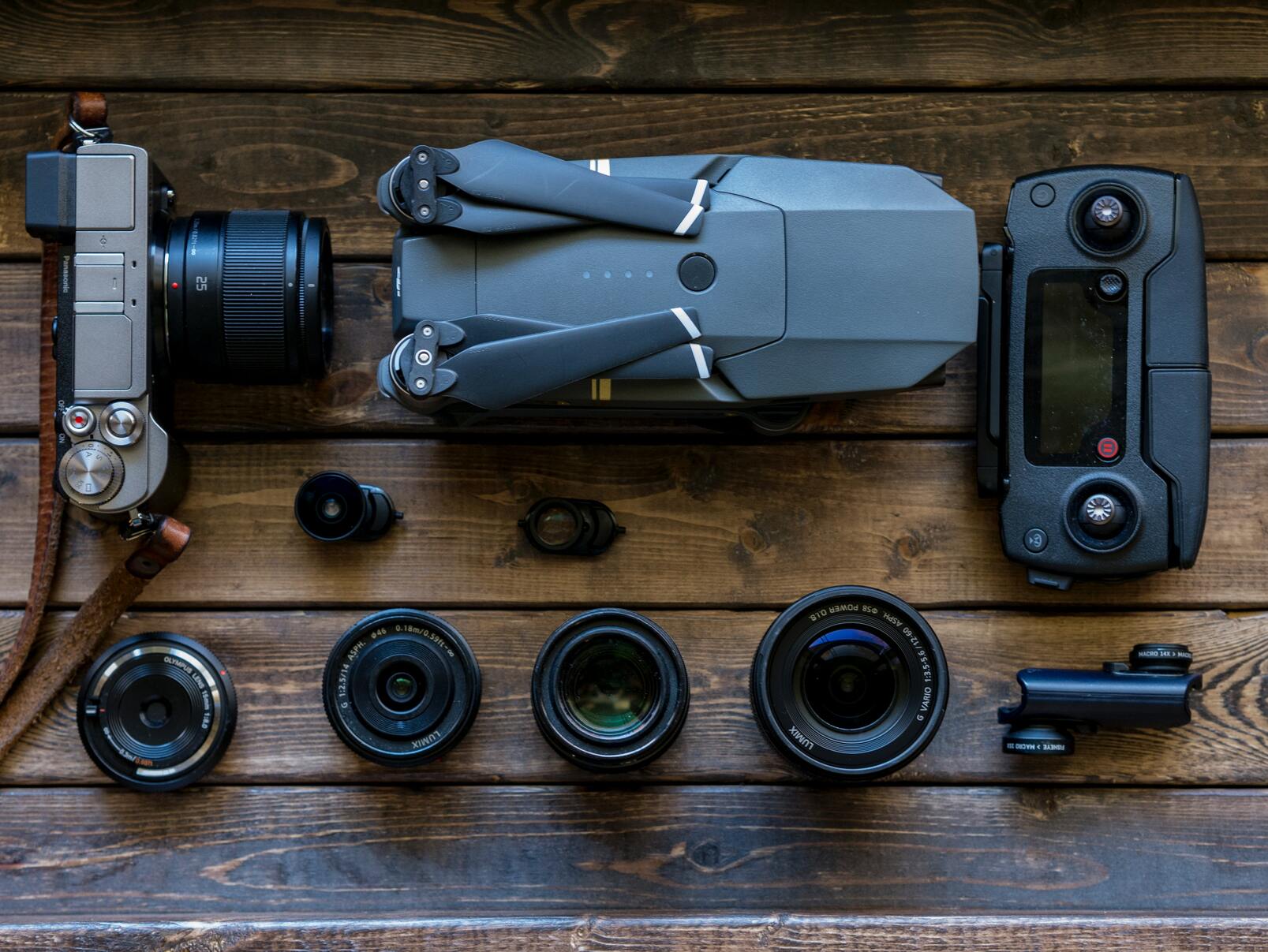
Regulation Of UAVs In The United States
In the United States, unmanned aerial vehicles (UAVs) are regulated by the Federal Aviation Administration (FAA) under Part 107 of the Federal Aviation Regulations (FARs). Part 107 sets forth the rules and regulations for commercial operation of UAVs, which includes any operation that is conducted for compensation or hire.
Under Part 107, commercial UAV operators must meet certain requirements, including:
- Passing an aeronautical knowledge test: All commercial UAV operators must pass an FAA-approved aeronautical knowledge test.
- Obtaining a remote pilot certificate: Commercial UAV operators must hold a remote pilot certificate issued by the FAA.
- Registering their UAV: All UAVs that weigh between 0.55 pounds and 55 pounds must be registered with the FAA.
- Complying with airspace restrictions: Commercial UAV operators must comply with all airspace restrictions and follow FAA guidelines for flying in controlled airspace.
- Operating within visual line of sight: UAVs must be operated within the visual line of sight of the operator or a designated visual observer.
- Following altitude and speed restrictions: UAVs must be operated below 400 feet above ground level and at speeds less than 100 mph.
- Avoiding people and property: UAVs must be operated in a manner that does not pose a hazard to people or property on the ground.
In addition to Part 107, there are also additional regulations and guidelines that apply to certain types of UAV operations, such as operations in national parks, near airports, or over sensitive areas.
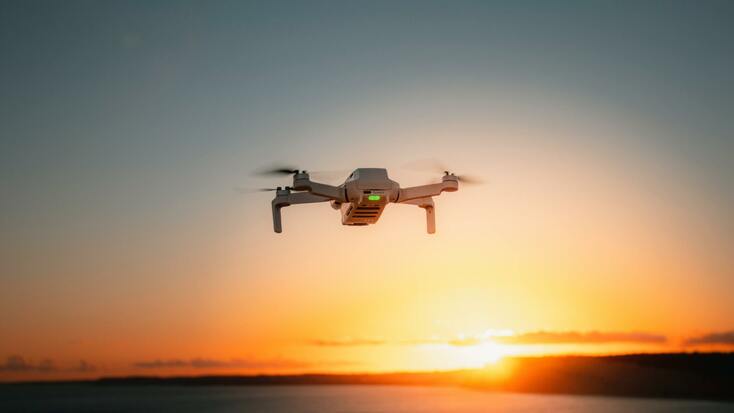
General Atomics MQ-9
Reaper
The General Atomics MQ-9 Reaper is an unmanned aerial vehicle (UAV) developed by General Atomics Aeronautical Systems for use primarily by the United States Air Force. The Reaper is designed for long-endurance, high-altitude surveillance and strike missions, and is capable of both manned and unmanned flight operations.
The MQ-9 Reaper has a wingspan of 66 feet and is powered by a turboprop engine, which allows it to stay airborne for up to 27 hours at altitudes of up to 50,000 feet. It is equipped with advanced sensors and surveillance equipment, including radar, cameras, and infrared sensors, which allow it to gather intelligence and track targets on the ground.
In addition to surveillance and reconnaissance, the MQ-9 Reaper is also capable of carrying a variety of weapons, including Hellfire missiles and laser-guided bombs, making it a potent weapon for air-to-ground attack missions.
The MQ-9 Reaper has been used extensively by the United States military in combat operations in Iraq, Afghanistan, and other locations around the world. Its long endurance and advanced sensor capabilities make it an effective tool for intelligence gathering and targeted strikes against enemy forces. However, its use has also been controversial, with some critics raising concerns about civilian casualties and the potential for misuse.
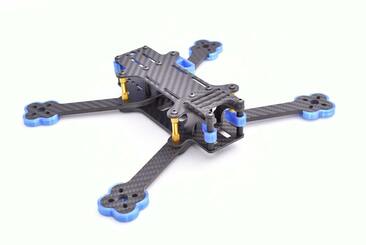
First-Person View Radio Control ?
First-person view radio control (FPV RC) is a type of remote control technology that allows the operator to control a radio-controlled vehicle (such as a drone or RC car) from a first-person perspective using a live video feed from an onboard camera.
With FPV RC, the operator wears a set of goggles or uses a video screen to view the live video feed from the vehicle's camera. This allows the operator to see what the vehicle "sees," and to control its movements from a first-person perspective.
FPV RC is commonly used in drone racing and freestyle flying, where pilots use their first-person view to navigate courses and perform aerial maneuvers. It is also used in other applications, such as aerial photography and videography, where it allows the operator to capture images and footage from unique perspectives.
FPV RC systems typically consist of a camera mounted on the vehicle, a video transmitter to send the video feed back to the operator, and a receiver and display system to receive and display the video feed. The operator uses a radio transmitter to control the vehicle's movements, and can use the first-person view to guide the vehicle through tight spaces, around obstacles, or to capture unique perspectives that would be difficult or impossible to achieve with traditional RC control.
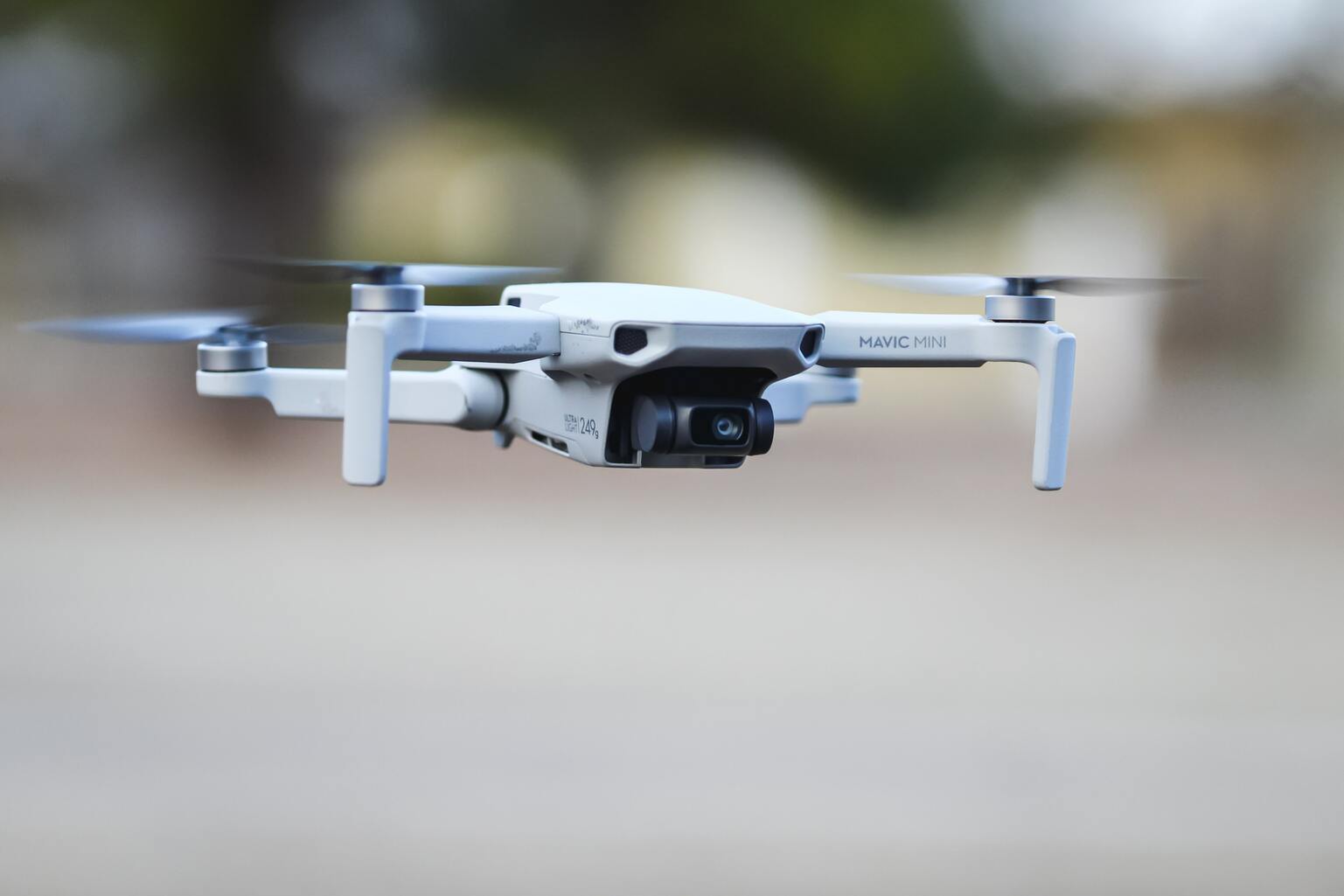
UAV - OpenStreetMap
Unmanned aerial vehicles (UAVs) can be used to create detailed and accurate maps using OpenStreetMap, a free and open-source mapping platform that allows users to create and edit maps of the world.
UAVs can be equipped with cameras and other sensors that can capture high-resolution images and data of the terrain, buildings, and other features on the ground. These images and data can then be processed using specialized software to create detailed and accurate maps.
One of the advantages of using UAVs for mapping is that they can cover large areas quickly and efficiently, providing detailed information about the landscape and built environment. UAVs can also access hard-to-reach areas or areas that may be dangerous or difficult to access on foot, such as areas affected by natural disasters or conflict.
OpenStreetMap provides a platform for users to upload and share their mapping data, making it a valuable resource for disaster response, urban planning, and other applications. OpenStreetMap is also used by commercial and government organizations for mapping and navigation applications, and by developers who create applications that use mapping data.
Overall, UAVs and OpenStreetMap provide a powerful tool for creating detailed and accurate maps of the world, allowing users to access and analyze spatial data in new and innovative ways.
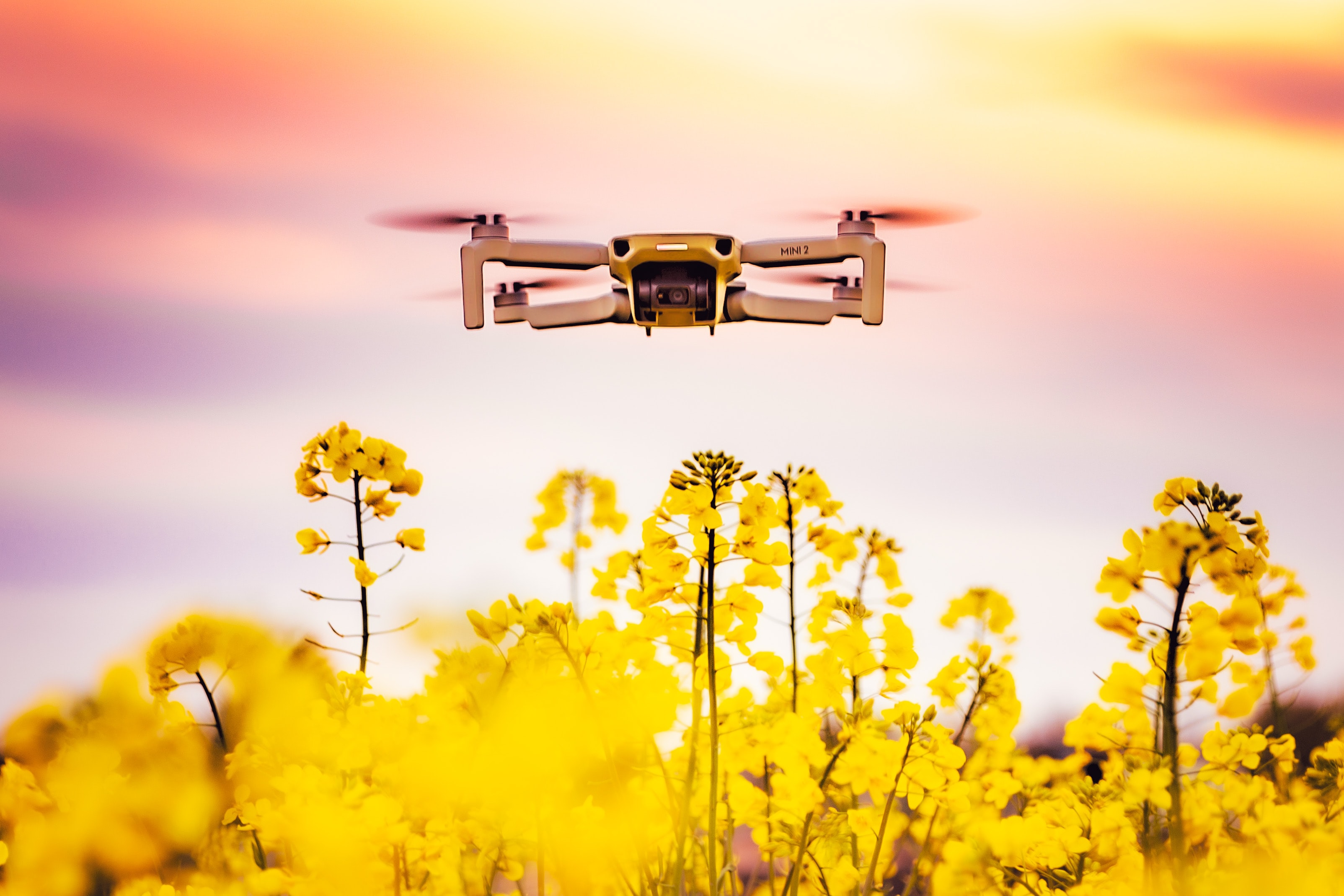
Top Drone Cameras For Travel Vloggers Name 20 Of Them
Here are 20 drone cameras that are popular among travel vloggers:
- DJI Mavic Air 2
- DJI Mavic 2 Pro
- DJI Mini 2
- DJI Phantom 4 Pro
- DJI Inspire 2
- DJI Mavic Air
- Autel Robotics EVO II
- Autel Robotics EVO
- Parrot Anafi
- GoPro Karma Drone
- Yuneec Typhoon H Pro
- Hubsan H109S X4 Pro
- Walkera Voyager 5
- DJI Mavic Pro
- DJI Phantom 3 Professional
- DJI Phantom 4
- DJI Spark
- DJI Phantom 4 Advanced
- DJI Phantom 4 Pro V2.0
- DJI Matrice 600 Pro
These drone cameras vary in size, price, and features, but all offer high-quality aerial photography and video capabilities that are ideal for travel vlogging. When choosing a drone camera, it's important to consider factors such as portability, battery life, camera quality, and ease of use.
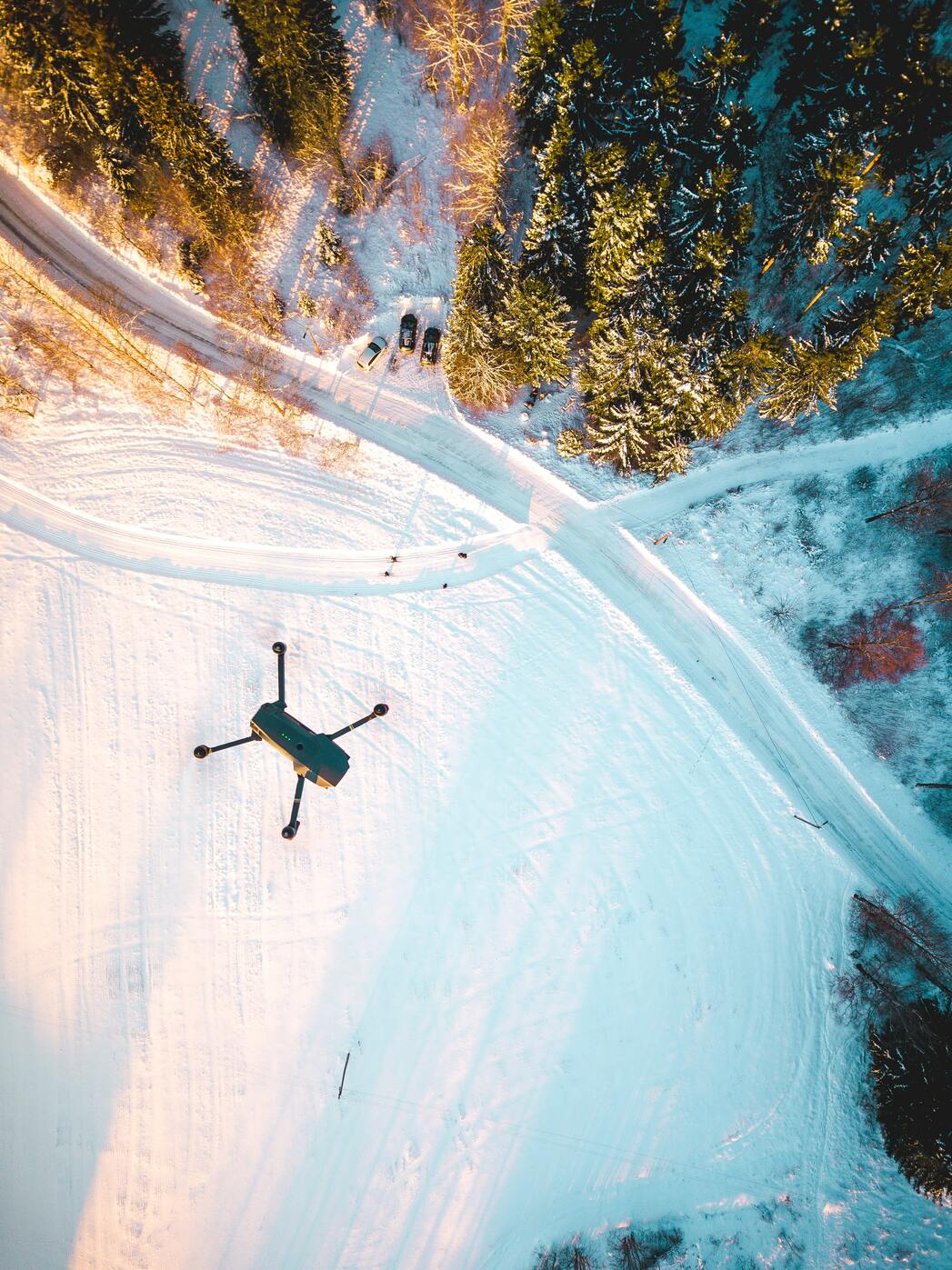
20 Reasons Why People Should Take Drones As A Hobby ?
Here are 20 reasons why people should consider taking up drones as a hobby:
- Aerial photography: Drones allow you to capture stunning aerial photographs and video footage from a unique perspective.
- Cinematography: Drones can be used to create cinematic shots and videos that were once only possible with expensive equipment and professional crews.
- Wildlife photography: Drones can be used to capture amazing wildlife photography from a safe distance.
- Landscaping: Drones can be used to inspect and survey landscapes for landscaping and gardening purposes.
- Agriculture: Drones can be used for precision agriculture, allowing farmers to monitor crops and optimize yields.
- Search and rescue: Drones can be used in search and rescue operations to locate missing persons or emergency situations.
- Conservation: Drones can be used to monitor and protect endangered species and habitats.
- Mapping and surveying: Drones can be used to create detailed maps and surveys of large areas.
- Real estate: Drones can be used to create high-quality virtual tours of properties for real estate listings.
- Education: Drones can be used to teach students about technology, engineering, and science.
- Recreation: Drones can be used for recreational flying, such as racing or freestyle flying.
- Building inspections: Drones can be used to inspect buildings and structures for maintenance and safety purposes.
- Roof inspections: Drones can be used to inspect roofs for damage or maintenance needs.
- Powerline inspections: Drones can be used to inspect powerlines and utility poles for maintenance needs.
- Surveillance: Drones can be used for surveillance purposes, such as border patrol and security.
- Film and TV production: Drones can be used for film and TV production, providing unique perspectives and camera angles.
- Sports and events: Drones can be used to capture aerial footage of sports and events.
- Weather forecasting: Drones can be used to collect weather data and forecast weather patterns.
- Geology: Drones can be used to survey and study geological formations.
- Art: Drones can be used as a canvas for creative expression, such as creating light shows or other forms of art.

Leading Drone 2023:
Shoot Pin-Sharp Videos And Aerial Stills ?
However, I can give you a list of some of the top drones currently available on the market that are capable of shooting pin-sharp videos and aerial stills:
- DJI Mavic 2 Pro
- DJI Phantom 4 Pro V2.0
- DJI Inspire 2
- Autel Robotics EVO II
- DJI Air 2S
- Parrot Anafi USA
- Skydio 2
- DJI Mini 2
- PowerVision PowerEye
- Yuneec Typhoon H Pro
These drones vary in price, size, and features, but all offer high-quality imaging capabilities that are ideal for capturing stunning aerial photos and videos. When choosing a drone, it's important to consider factors such as camera quality, flight time, range, and ease of use.
Top Drones For
Under 1000 Dollars In 2023: Start Filming Professionally With These 3 Drones
However, here are three of the top drones for under $1000 that are currently available on the market:
- DJI Mavic Air 2 - Priced at around $999, the Mavic Air 2 is a compact and powerful drone that features a 4K camera with a 1/2-inch sensor, capable of capturing stunning photos and videos. It has a flight time of up to 34 minutes and can reach speeds of up to 42.5 mph. The Mavic Air 2 also features obstacle avoidance sensors and advanced tracking and control features.
- Autel Robotics EVO II - Priced at around $999, the EVO II is a foldable drone with a 4K camera and a 3-axis gimbal that allows for stable footage. It has a flight time of up to 40 minutes and can reach speeds of up to 45 mph. The EVO II also features obstacle avoidance sensors and advanced tracking and control features.
- DJI Mini 2 - Priced at around $449, the Mini 2 is a compact and lightweight drone that is perfect for beginners. It features a 4K camera and a 3-axis gimbal for smooth footage. It has a flight time of up to 31 minutes and can reach speeds of up to 36 mph. The Mini 2 also features advanced tracking and control features.
Overall, these drones offer a range of features and capabilities at an affordable price, making them great options for those looking to get started with aerial photography and videography.
The Top 360 Cameras For Your Drone Name 10 Of Them ?
Here are 10 of the most valauble 360 cameras that can be used with a drone:
- Insta360 ONE X2
- GoPro MAX
- Rylo 360
- Garmin VIRB 360
- Kandao QooCam 8K
- Ricoh Theta Z1
- Vuze XR
- Samsung Gear 360
- Xiaomi Mi Sphere 360
- Kodak PIXPRO SP360 4K
These cameras offer the ability to capture immersive 360-degree video and photos, which can be especially useful for aerial footage captured by a drone. When choosing a 360 camera, it's important to consider factors such as resolution, image stabilization, ease of use, and compatibility with your drone's camera mount.
Top 10 Drones With The Longest Flight Time
Here are the top 10 drones with the longest flight time:
- DJI Mavic 2 Pro - Up to 31 minutes
- DJI Phantom 4 Pro V2.0 - Up to 30 minutes
- DJI Inspire 2 - Up to 27 minutes
- DJI Matrice 600 Pro - Up to 38 minutes (with Zenmuse X4S)
- Yuneec Typhoon H Pro - Up to 25 minutes
- Autel Robotics EVO II - Up to 40 minutes
- DJI Mavic Air 2 - Up to 34 minutes
- DJI Mini 2 - Up to 31 minutes
- Parrot Anafi USA - Up to 32 minutes
- Skydio 2 - Up to 23 minutes
These drones vary in price, size, and features, but all offer longer flight times than many other drones on the market. When choosing a drone, it's important to consider factors such as flight time, camera quality, range, and ease of use.
How To Choose The Top Lens Video For Your Needs ? 10 Things To Look For
Here are 10 things to look for when choosing the the most valauble drone camera for your needs:
- Camera quality - Look for a drone with a camera that offers high resolution and sharp image quality, such as 4K or higher.
- Sensor size - Larger sensor sizes can capture more light and produce better image quality in low light conditions.
- Gimbal stabilization - A gimbal can help stabilize the camera and produce smoother footage.
- Flight time - Look for a drone that offers a long flight time to allow for extended periods of filming.
- Range - Consider the range of the drone's remote control and the camera's transmission range to ensure you can capture footage from a distance.
- Obstacle avoidance - Obstacle avoidance sensors can help prevent collisions and protect your investment.
- Portability - Look for a drone that is lightweight and easy to transport if you plan on taking it on the go.
- Battery life - Consider the battery life of the drone and the camera to ensure you have enough power to complete your filming.
- Control options - Look for a drone with a controller that is easy to use and comfortable to hold.
- Price - Consider your budget when choosing a drone camera and look for one that offers the top value for your money.
By considering these factors, you can find the top drone camera to meet your needs and capture stunning aerial footage.
12 Foremost Drone
Apps You Need To Install For You Camera ?
Here are 12 of the greatest drone apps that you need to install for your drone camera:
- DJI GO 4 - This app is used for controlling DJI drones and provides real-time transmission of footage to your mobile device.
- DJI Fly - This app is used for controlling DJI's smaller drones, such as the Mavic Mini and Mini 2.
- DJI GS Pro - This app is used for planning and automating drone flights for professional applications.
- Autel Explorer - This app is used for controlling Autel Robotics drones and provides real-time transmission of footage to your mobile device.
- Pix4Dcapture - This app is used for planning and executing aerial surveys, creating 3D models, and capturing images for mapping and photogrammetry.
- Litchi - This app provides advanced features for controlling DJI drones, such as waypoint navigation and camera control.
- DroneDeploy - This app provides mapping and surveying tools for professional drone users.
- AirMap - This app provides information about airspace regulations and helps drone pilots plan safe and legal flights.
- Hover - This app provides weather data, location-based no-fly zone information, and flight planning tools.
- Skyward - This app provides tools for managing and tracking your drone fleet, as well as regulatory compliance tools.
- Map Pilot - This app is used for planning and executing aerial surveys and mapping missions.
- UAV Forecast - This app provides weather data and real-time wind and weather information to help drone pilots plan safe and successful flights.
By using these apps, drone pilots can gain more control over their drones and capture better footage while complying with regulations and ensuring safety.
High-Precision Drone
Camera With Fast Speeds ?
However, some of the features to look for in a high-precision drone camera that offers fast speeds are:
- High resolution - A high-resolution camera can capture detailed images and videos.
- Large sensor - A larger sensor can capture more light and produce better image quality, especially in low-light conditions.
- Fast shutter speed - A fast shutter speed can capture sharp images of fast-moving objects.
- High frame rate - A high frame rate can capture smooth and detailed video footage.
- Gimbal stabilization - A gimbal can help stabilize the camera and produce smoother footage at fast speeds.
- Obstacle avoidance sensors - Obstacle avoidance sensors can help prevent collisions and protect the drone and camera.
- Fast data transmission - Fast data transmission can ensure that you can see what the camera sees in real-time, allowing for more precise control.
By considering these features, you can find a high-precision drone camera that offers fast speeds and can capture stunning aerial footage.
How Accurate Are Drone Cameras ?
The accuracy of drone cameras can vary depending on several factors such as the camera's resolution, sensor size, lens quality, and stabilization system. However, drone cameras can provide highly accurate results in various applications, such as surveying, mapping, and inspections.
For example, drone cameras equipped with high-resolution sensors and lenses can capture images with high detail, allowing for accurate measurements of features on the ground. When combined with specialized software and processing algorithms, drone cameras can produce highly accurate maps, 3D models, and point clouds.
Furthermore, drones with specialized payloads, such as multispectral and thermal cameras, can provide highly accurate data for agriculture and environmental monitoring applications.
However, it's important to note that the accuracy of drone cameras can be affected by various factors, such as weather conditions, lighting, and camera calibration. To ensure the highest level of accuracy, it's essential to follow proper calibration and maintenance procedures for your drone camera and consult with experts in the field of aerial imaging and mapping.
How Far Can S Surveillance Drone See ?
The distance a surveillance drone can see depends on various factors, such as the drone's altitude, camera resolution, and weather conditions. Generally, a surveillance drone equipped with a high-resolution camera can see objects from several hundred meters to several kilometers away, depending on the camera's zoom capabilities and the size of the object.
For example, a drone with a 4K camera and a 20x zoom lens can see details from several hundred meters away, while a drone equipped with a thermal camera can detect heat signatures from several kilometers away.
However, it's important to note that regulations may limit the maximum distance that a drone can fly and the altitude it can reach. Drone operators must also take into account factors such as line-of-sight visibility, wind conditions, and obstacles that can affect the drone's ability to see objects at a distance.
Moreover, using a drone for surveillance purposes without proper authorization and compliance with privacy laws and regulations may be illegal in some jurisdictions.
What Are The Disadvantages Of Drone Camera? Name 10 Dis-Advantages
While drone cameras have many advantages, they also have some disadvantages, including:
- Limited flight time - Drone cameras typically have a limited flight time, which can limit the amount of footage that can be captured in a single flight.
- Weather limitations - Drones may not be able to fly in certain weather conditions, such as high winds or heavy rain.
- Legal restrictions - There may be legal restrictions on where drones can be flown, such as near airports or over certain areas.
- Battery issues - Drone batteries can degrade over time and may need to be replaced frequently, which can be costly.
- Technical failures - Like any electronic device, drone cameras can experience technical failures that can result in lost footage or damage to the drone.
- Limited payload capacity - Drones have limited payload capacity, which can limit the types of cameras and equipment that can be used.
- Limited range - The range of drone cameras is limited by the transmission distance of the remote control and the camera's transmission range.
- Noisy operation - Drone cameras can produce a lot of noise, which can be disruptive in certain environments.
- Privacy concerns - The use of drone cameras for surveillance purposes can raise privacy concerns and may be illegal in some jurisdictions.
- Expensive equipment - Drone cameras can be expensive to purchase and maintain, especially if specialized equipment and software are required.
By being aware of these disadvantages, drone operators can take steps to mitigate risks and ensure that they are using their equipment safely and responsibly.
How Far Can A Drone Go Without Losing Signal ?
The distance a drone can go without losing signal depends on several factors, such as the type of drone, the remote control system used, and the environment in which it is being flown.
For consumer-level drones, the maximum range is typically around 4-7 kilometers, depending on the specific model and the quality of the transmission system. Some high-end professional-grade drones may have a maximum range of up to 10 kilometers or more.
However, it's important to note that regulatory restrictions and line-of-sight visibility requirements may limit the distance a drone can be flown. Most countries have regulations that require the drone to remain within the operator's visual line of sight at all times, which typically limits the range to a few hundred meters to a few kilometers.
Moreover, factors such as radio interference, electromagnetic interference, and environmental conditions, such as high winds or heavy rain, can also affect the drone's transmission range. In general, it's important to carefully consider the range and limitations of the drone and the remote control system before flying to ensure safe and responsible operation.
What Happens If Your Drone Flies Away ?
If your drone flies away, it can be a stressful and potentially expensive situation. The following are some steps you can take to try to locate your drone:
- Activate the return-to-home function: If your drone has a return-to-home function, activate it to try to bring your drone back to its takeoff location.
- Use the GPS signal: Many drones have GPS systems that can be used to track the drone's location. If your drone has a GPS signal, use a map or GPS tracking app to try to locate the drone.
- Search the area: If you know the approximate location where the drone disappeared, search the area on foot or using a vehicle to try to locate it.
- Contact authorities: If you are unable to locate your drone, report it to local authorities and provide them with as much information as possible, including the make and model of the drone, the location where it was last seen, and the time it disappeared.
- Check lost and found websites: Check online lost and found websites or social media groups to see if someone has found your drone and posted about it.
If you are unable to locate your drone, it may be necessary to file a claim with your drone insurance provider or purchase a replacement drone. To prevent your drone from flying away in the future, always follow safe and responsible flying practices, maintain your drone and remote control system properly, and be aware of any regulations or restrictions in your area.
For more information go to a camera